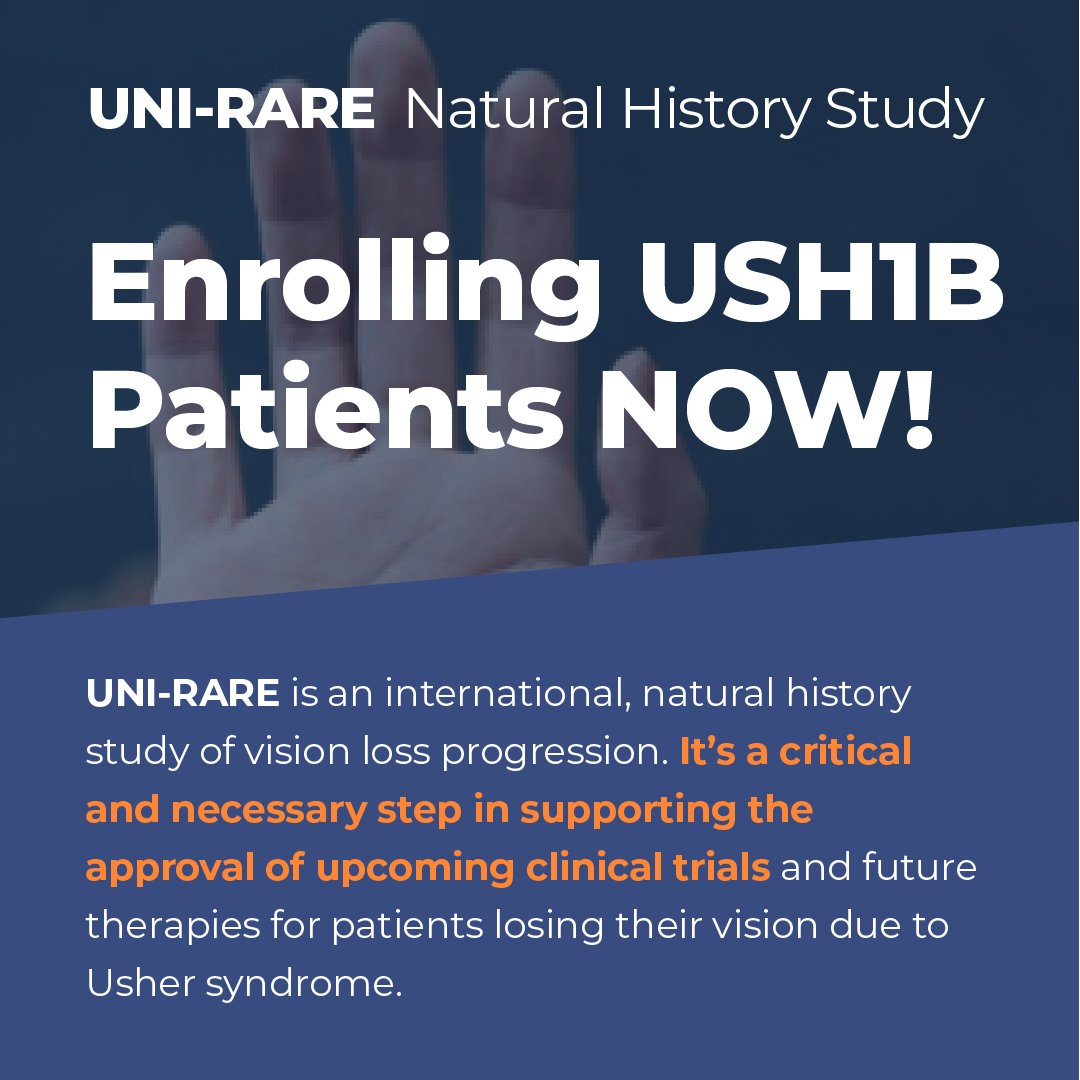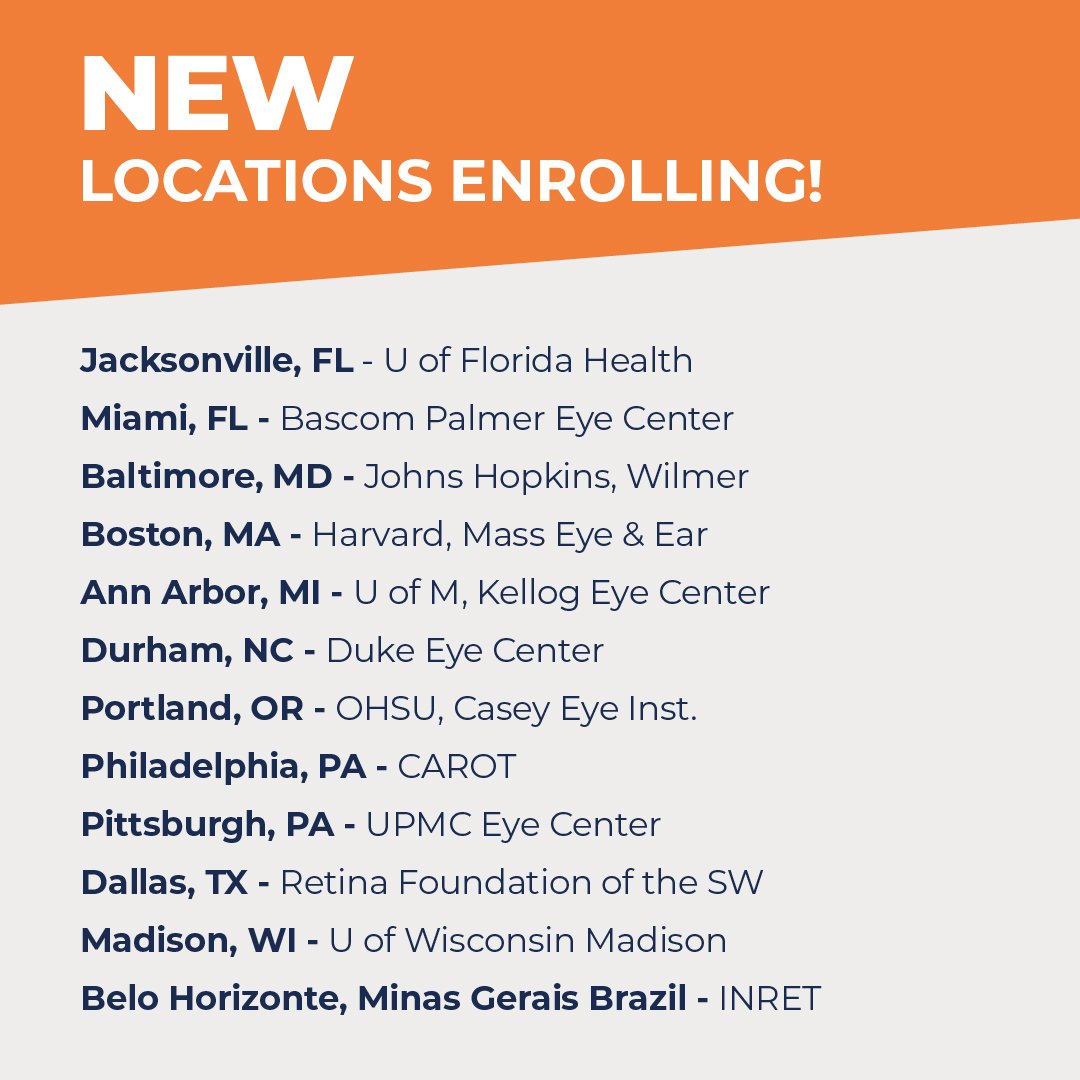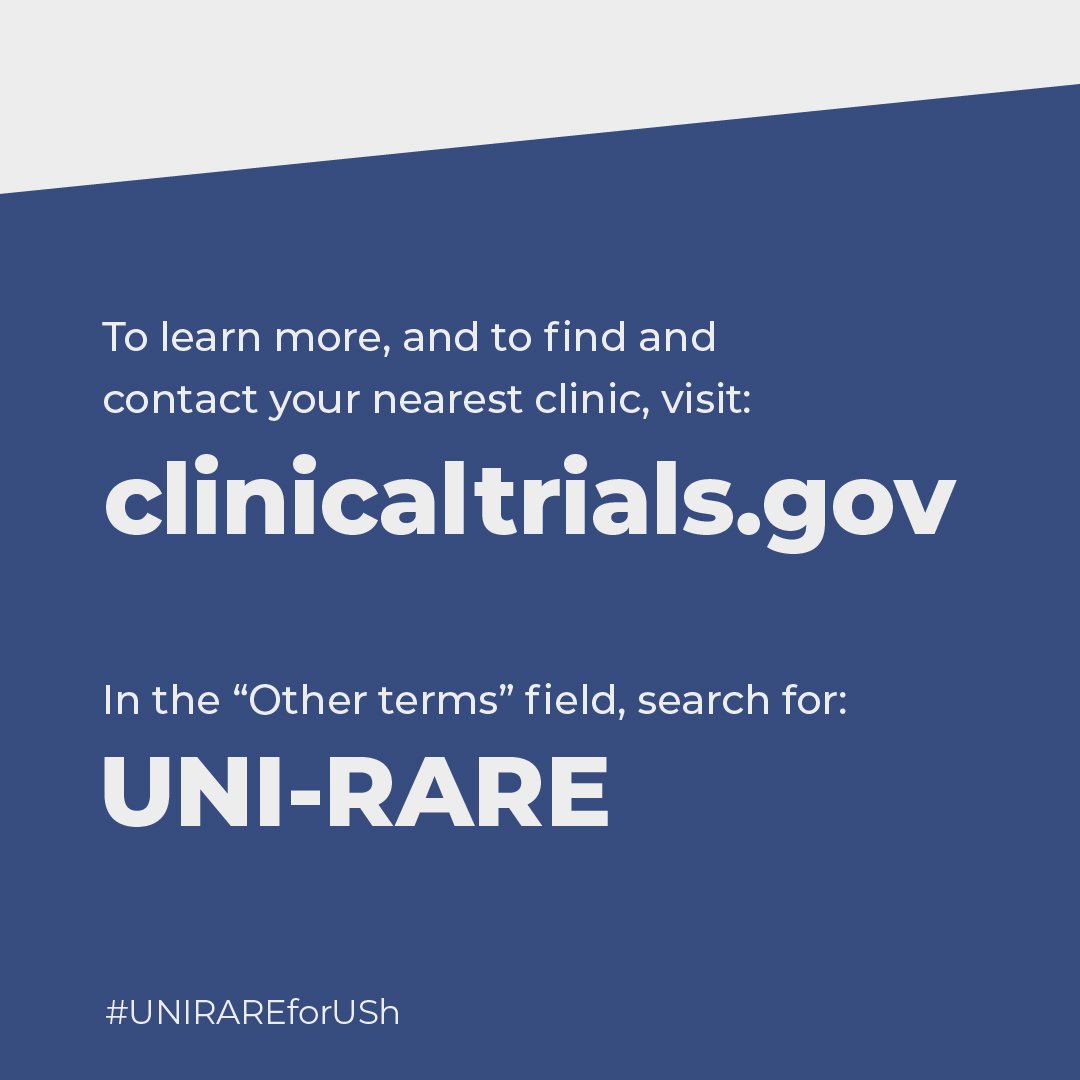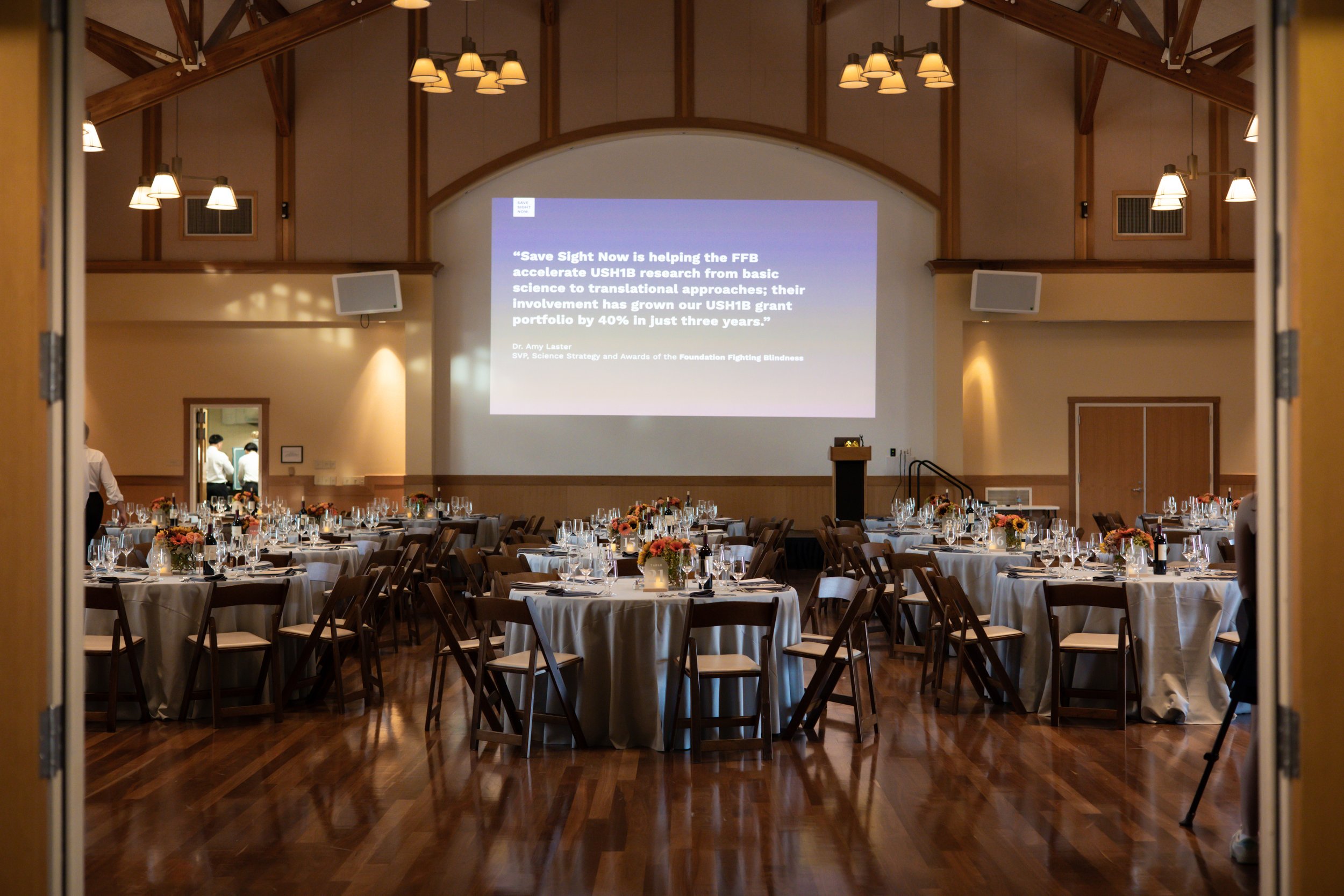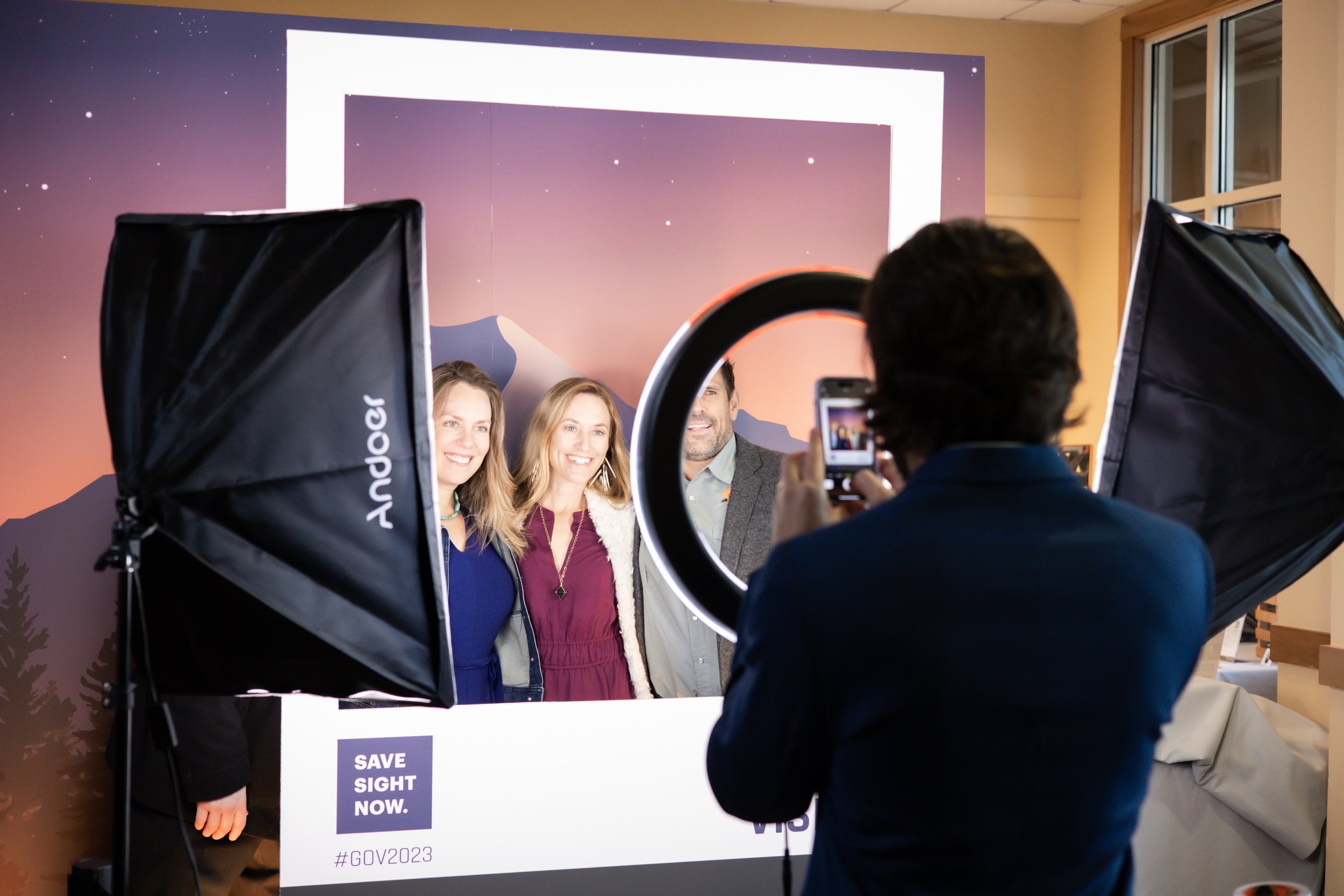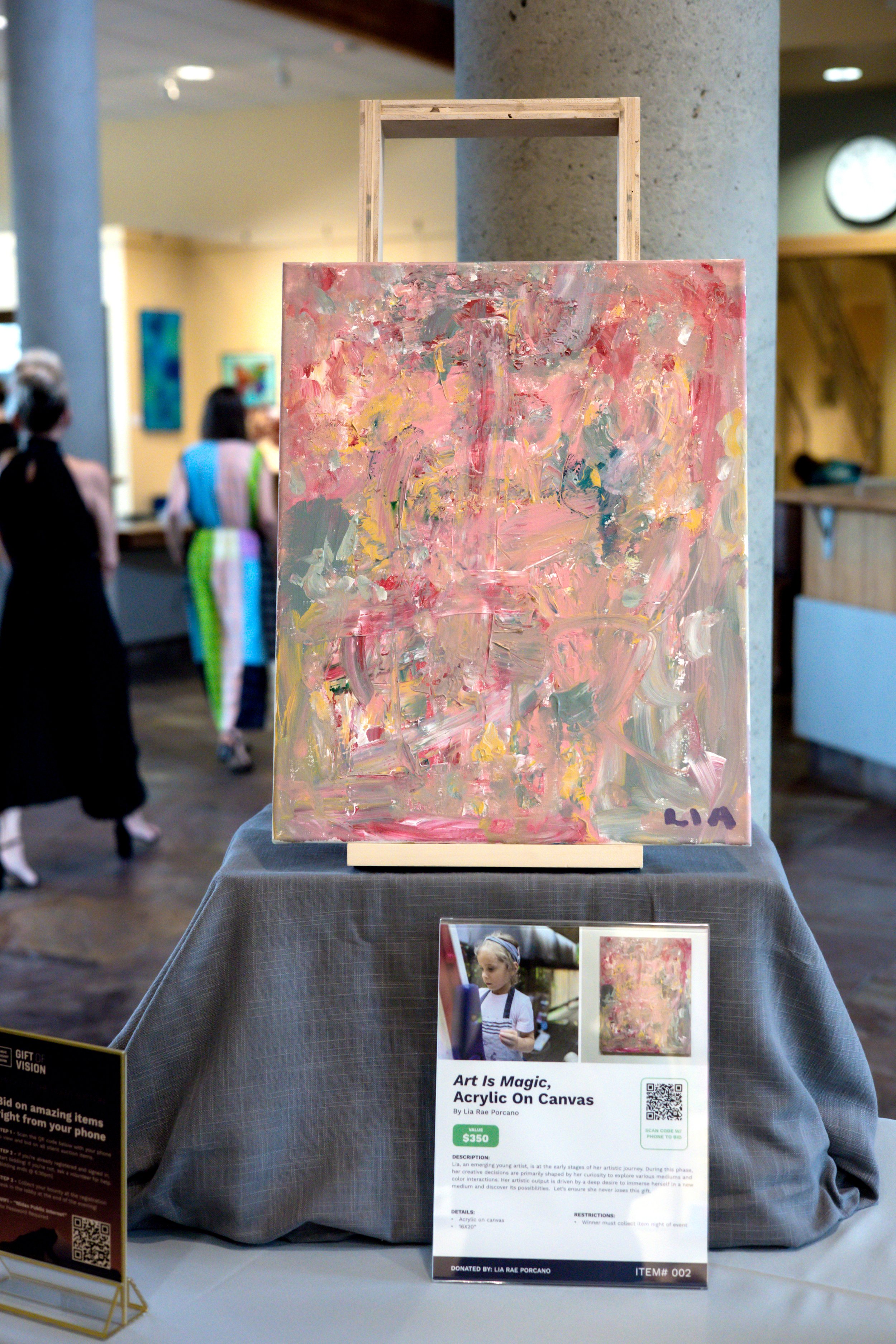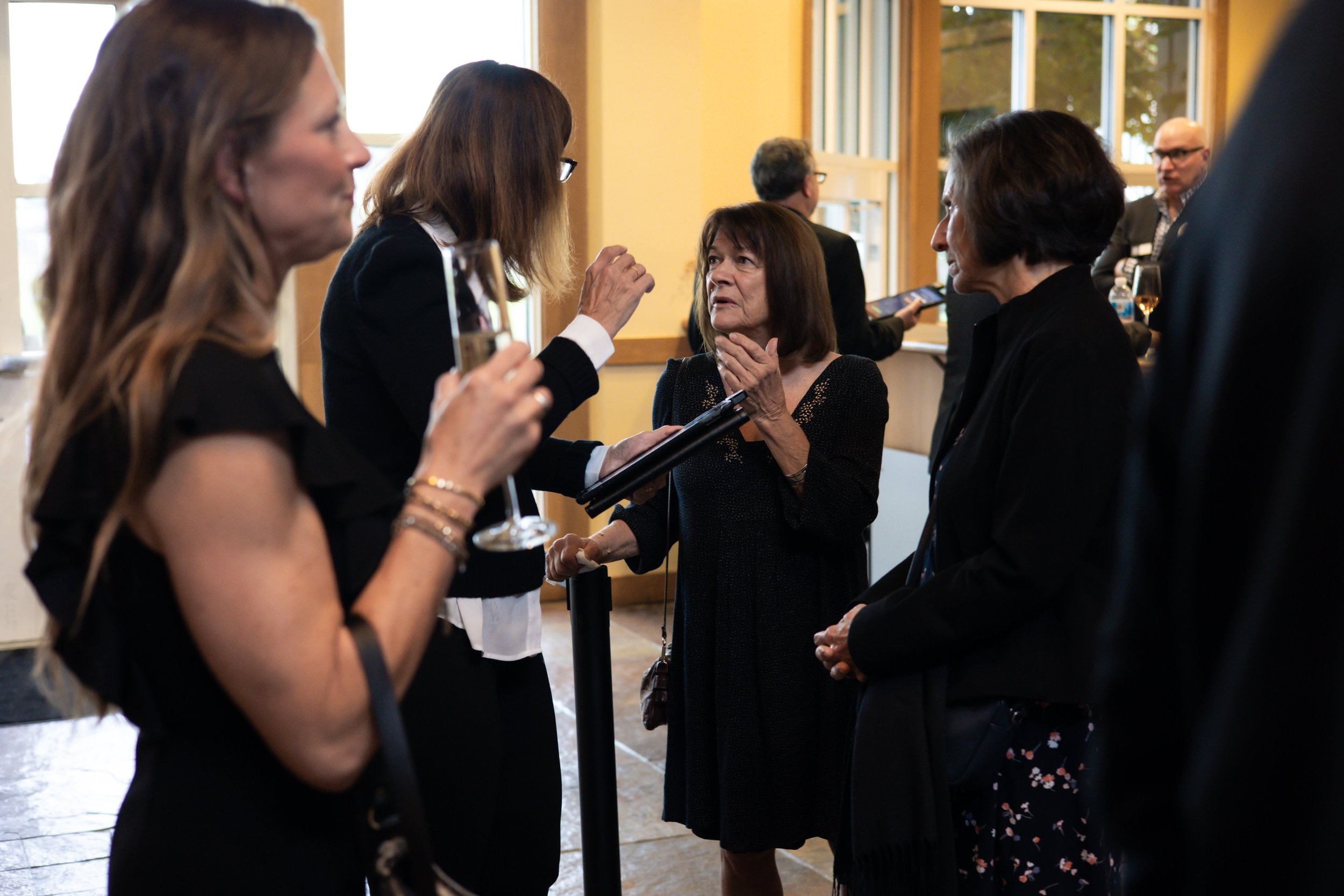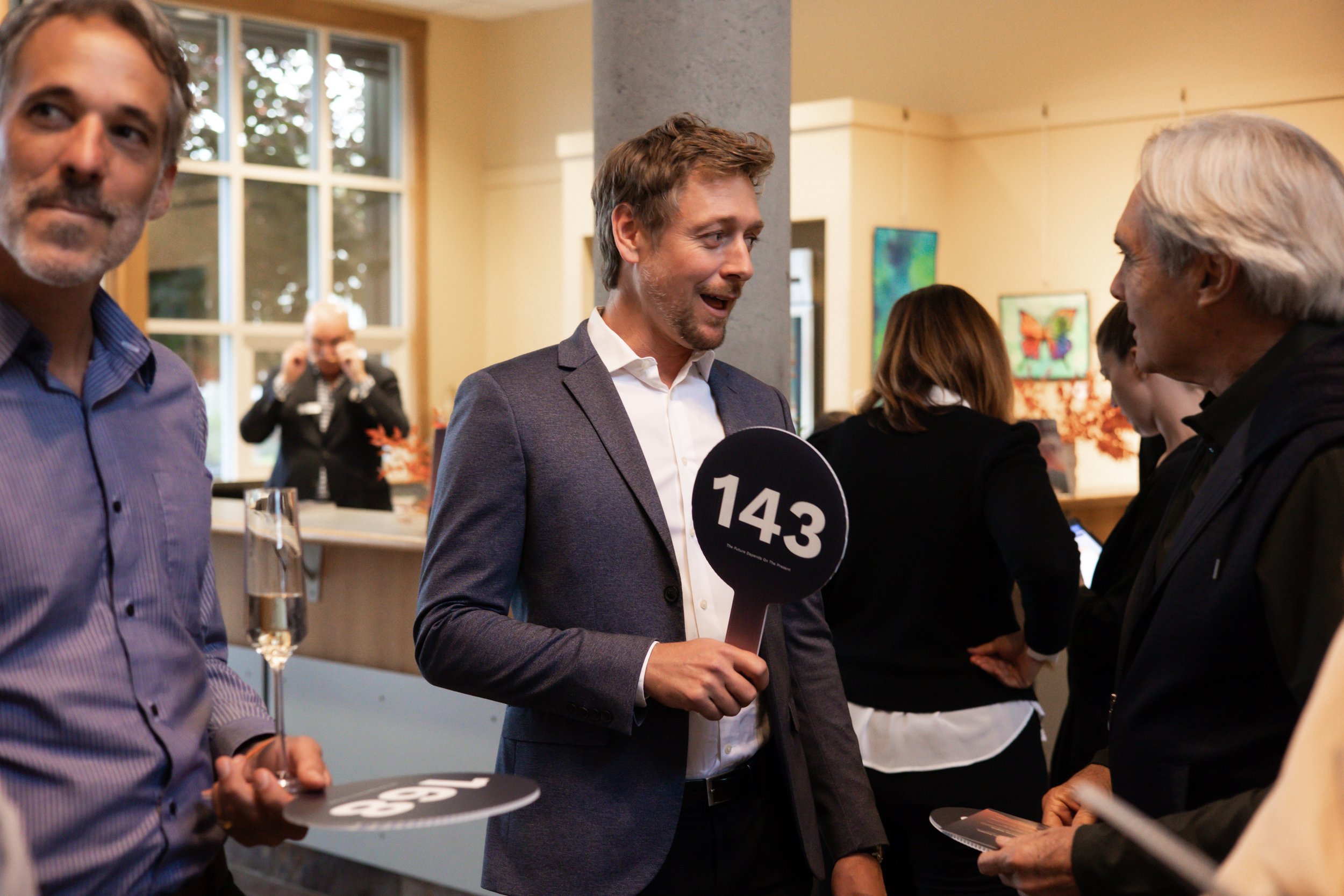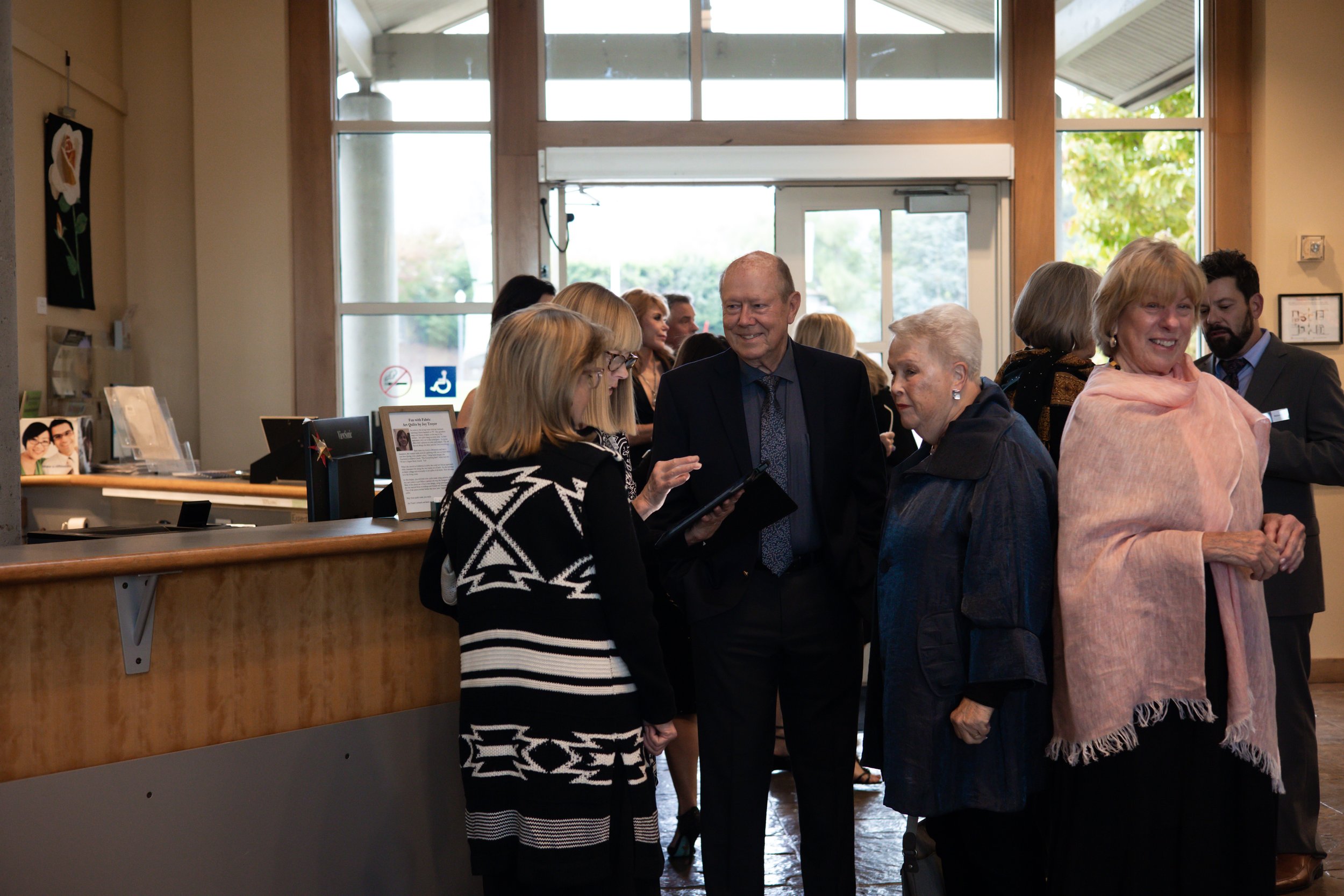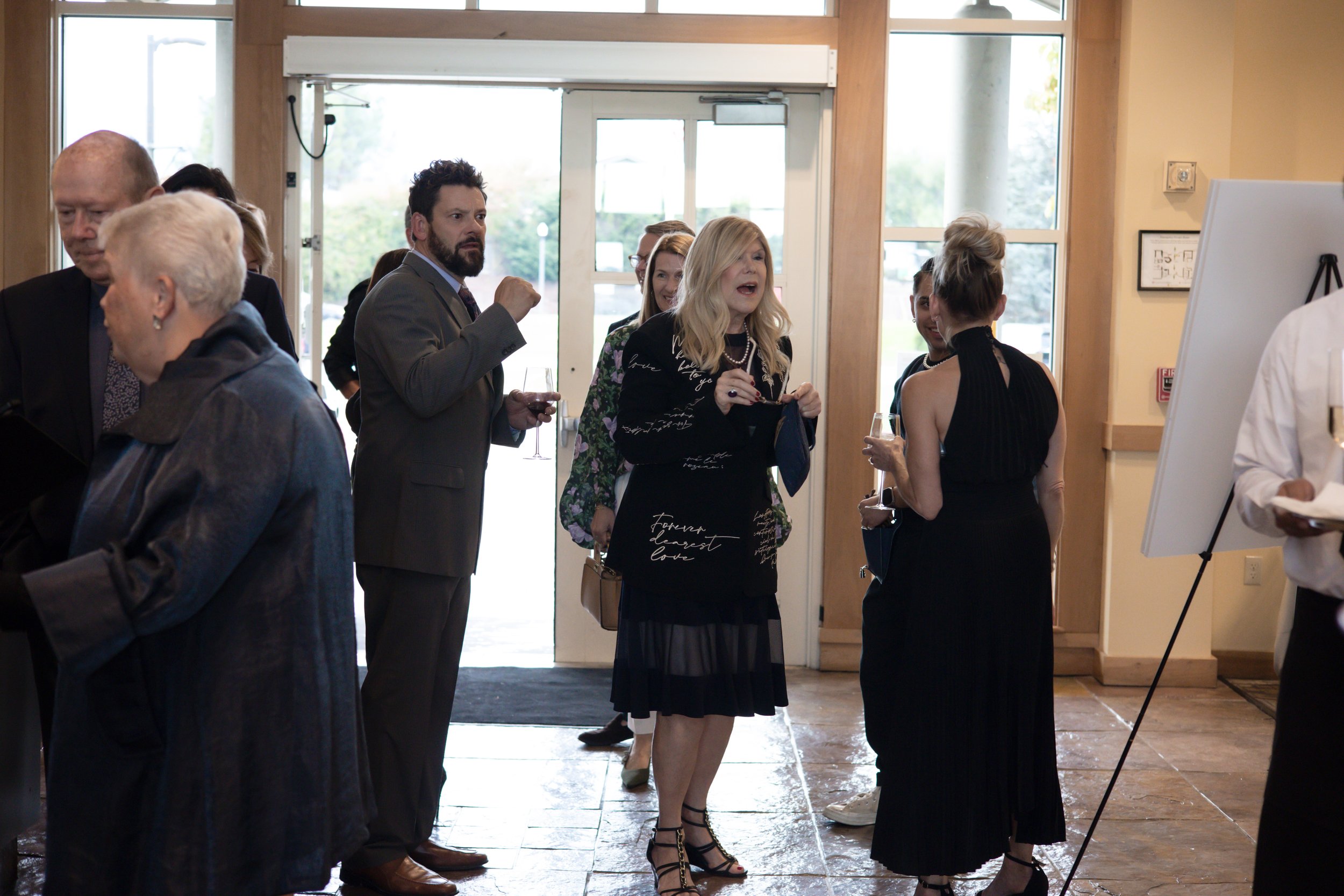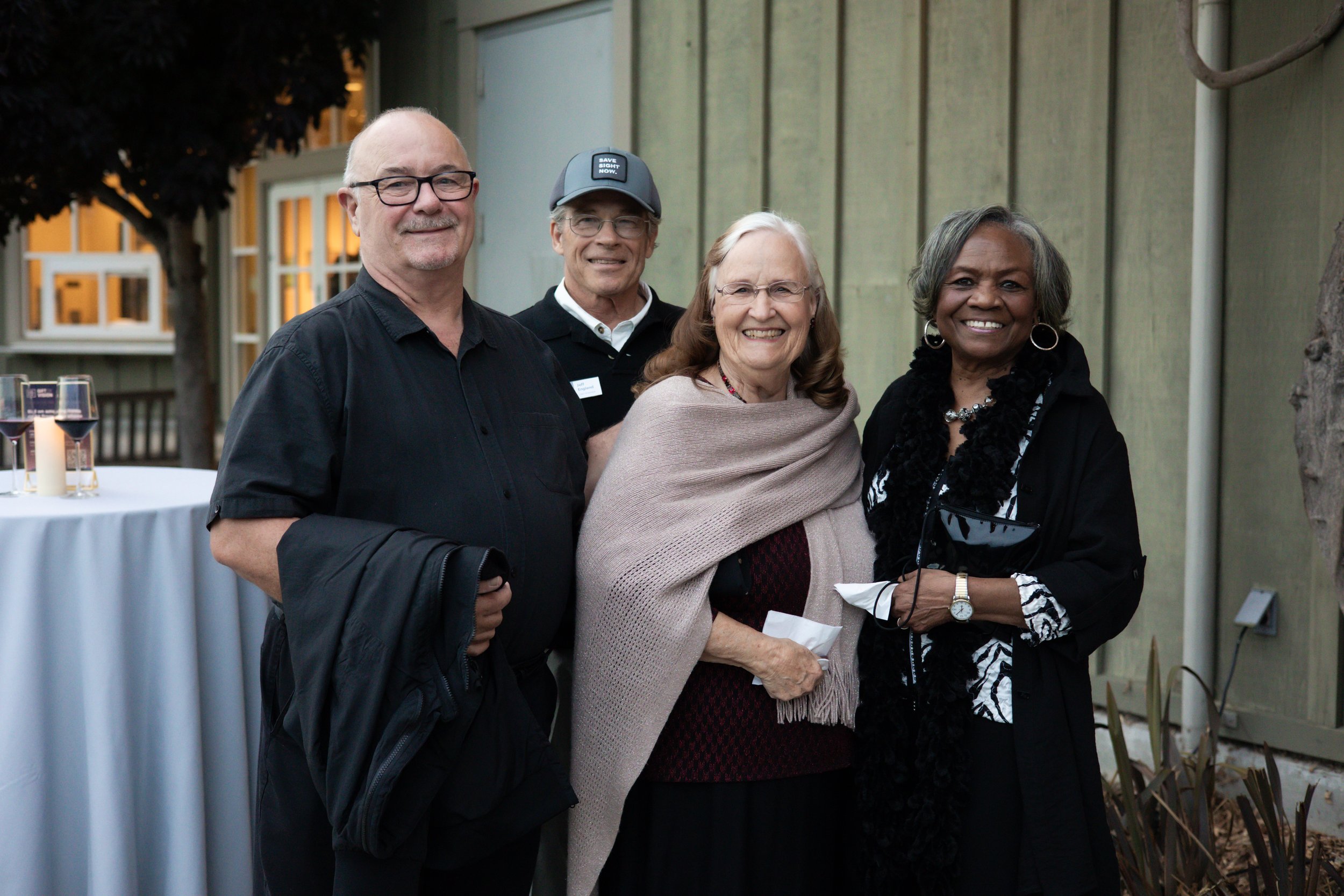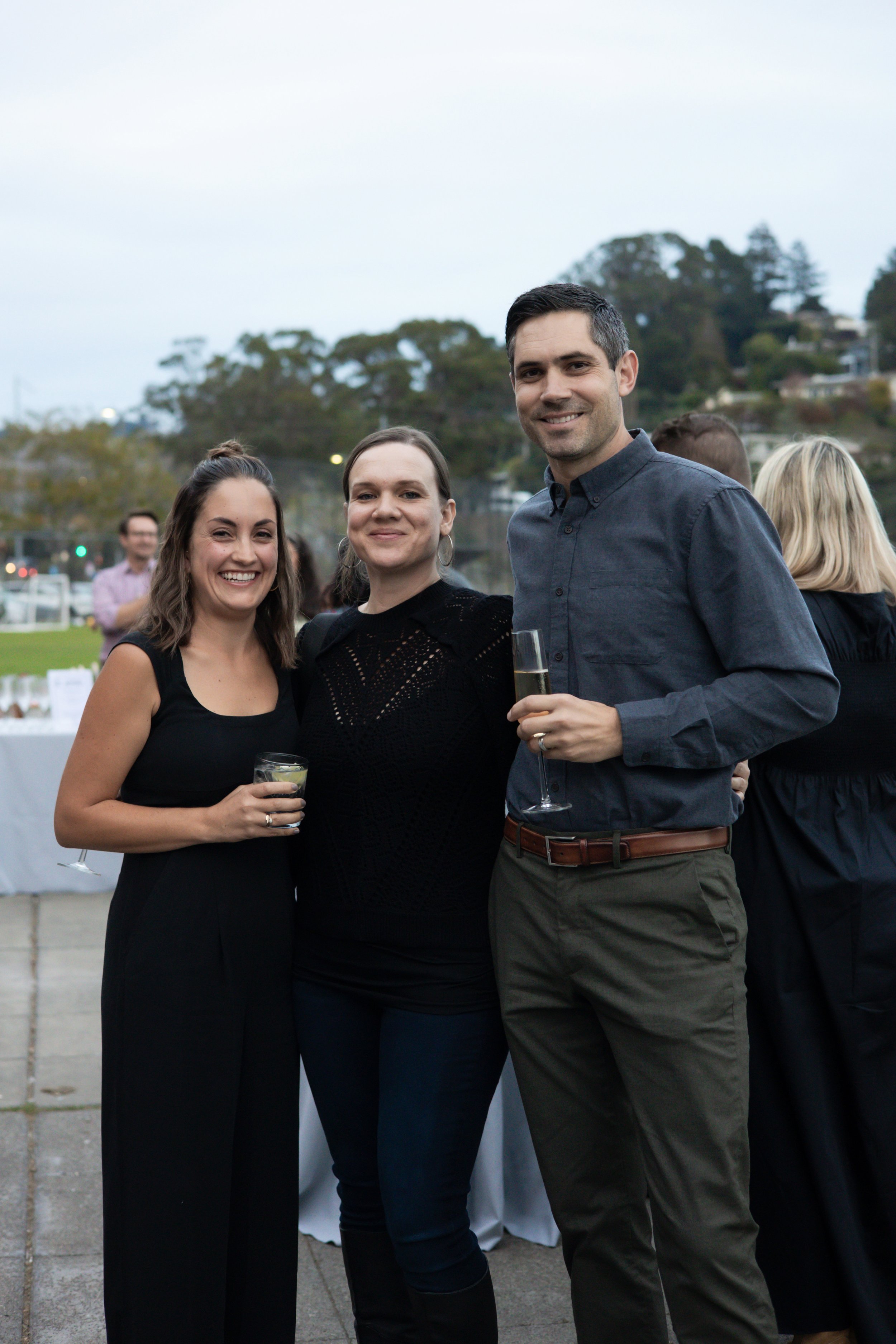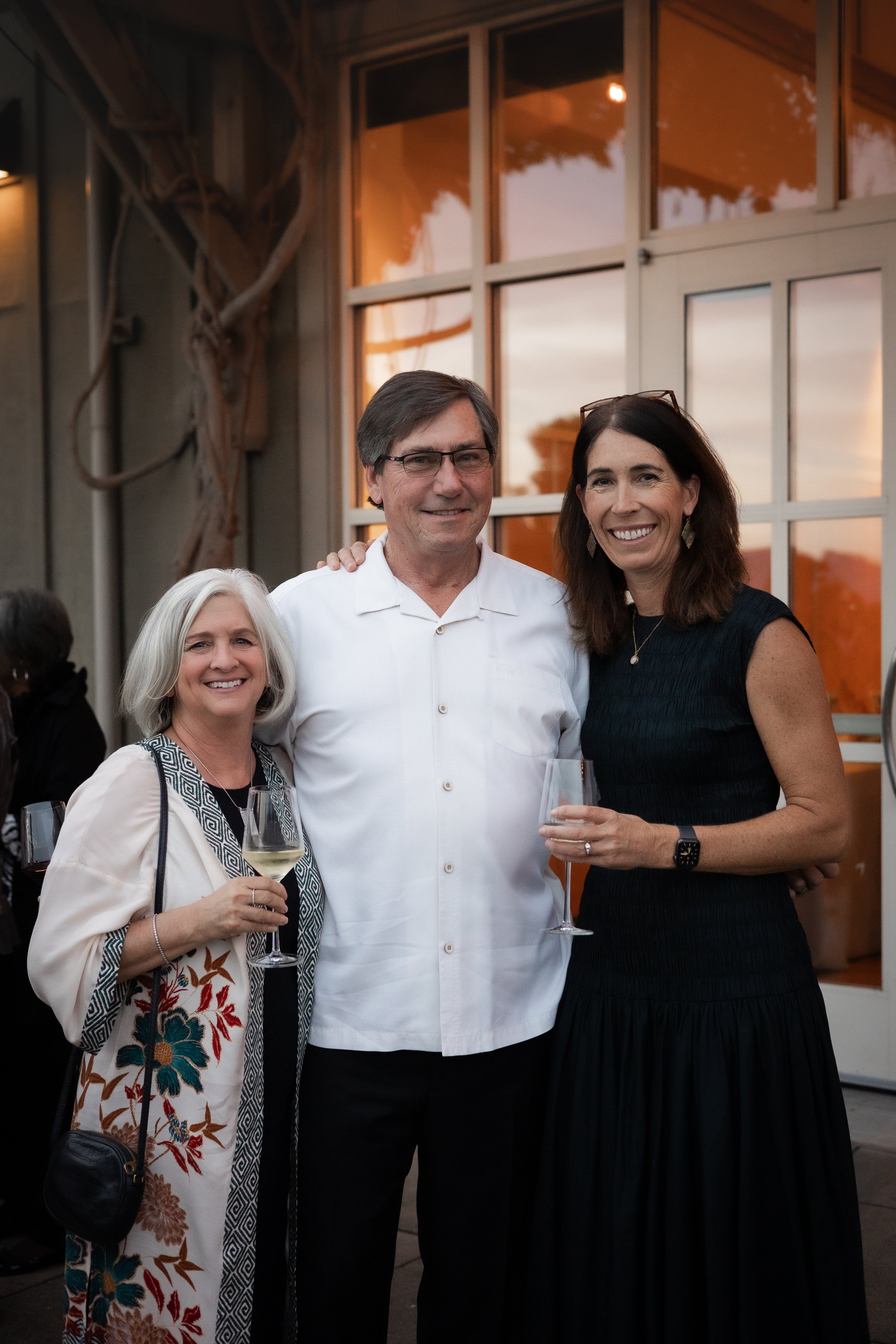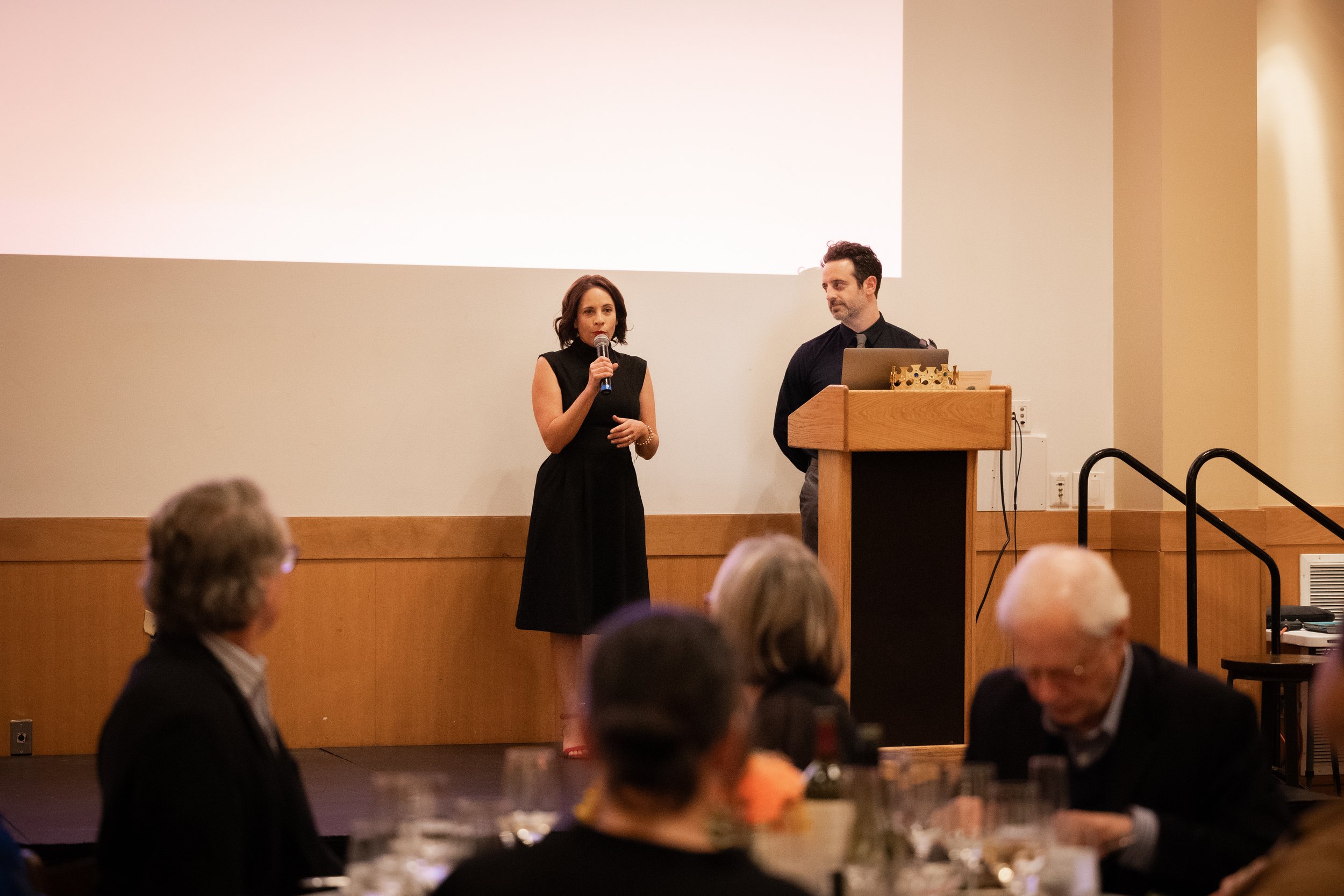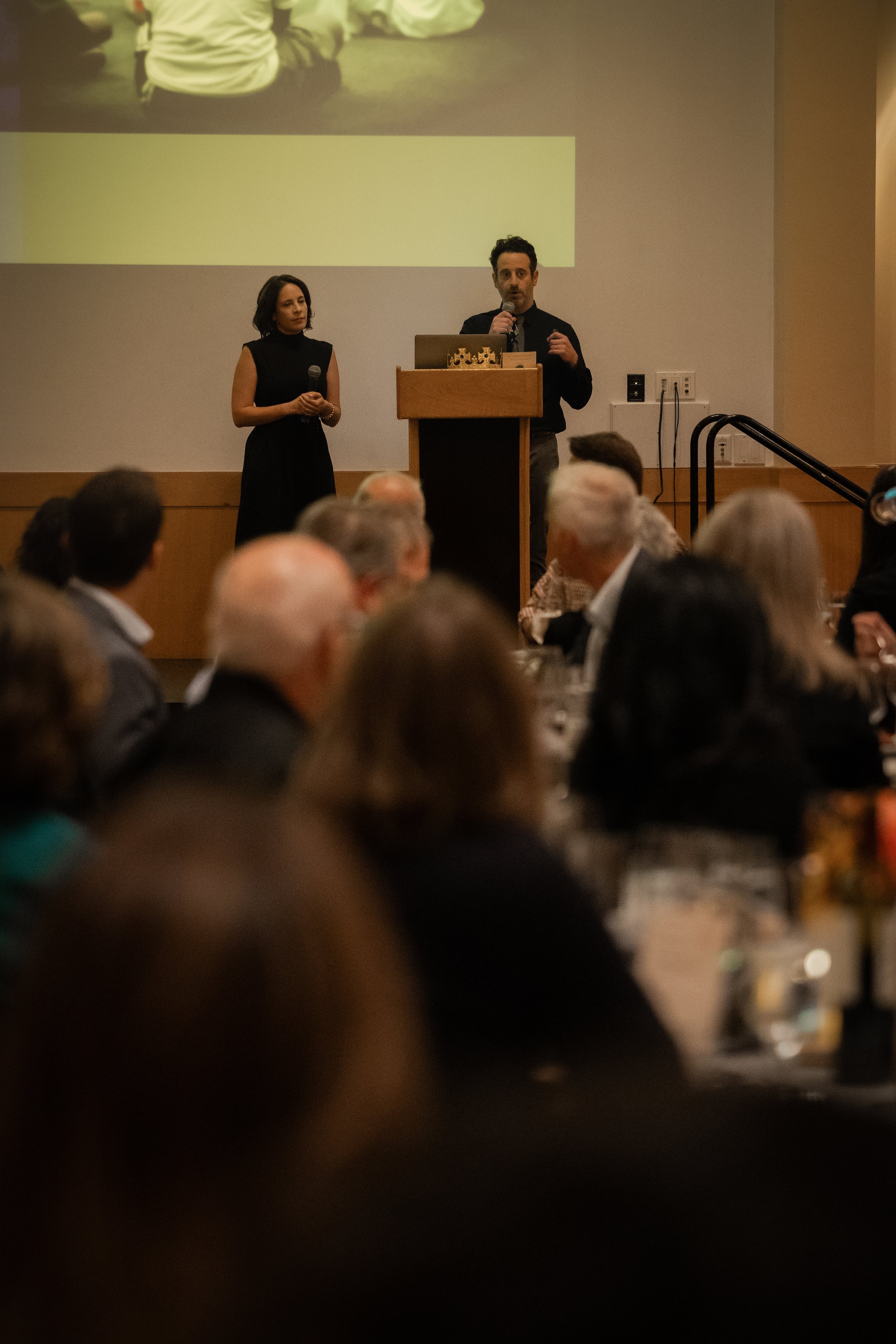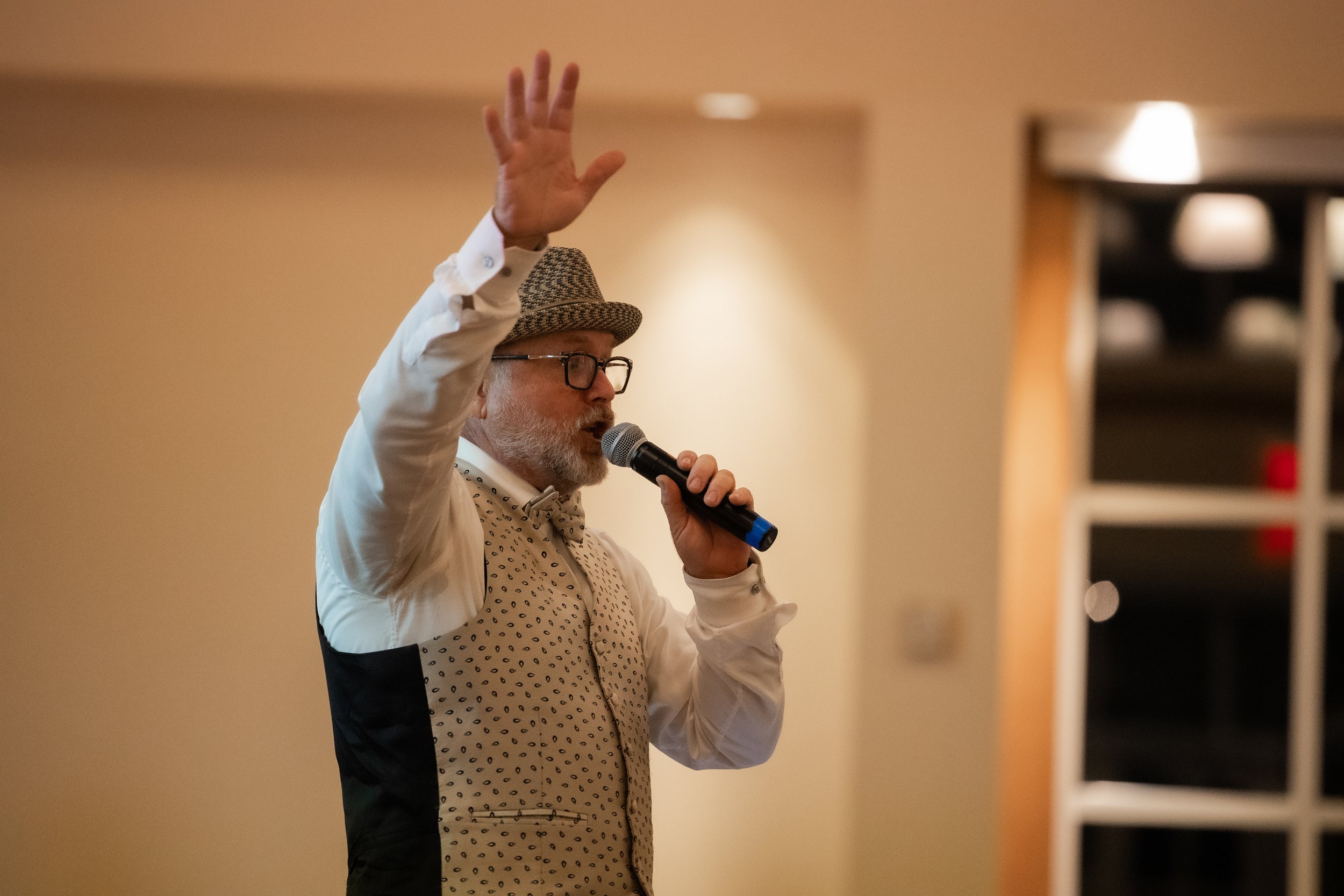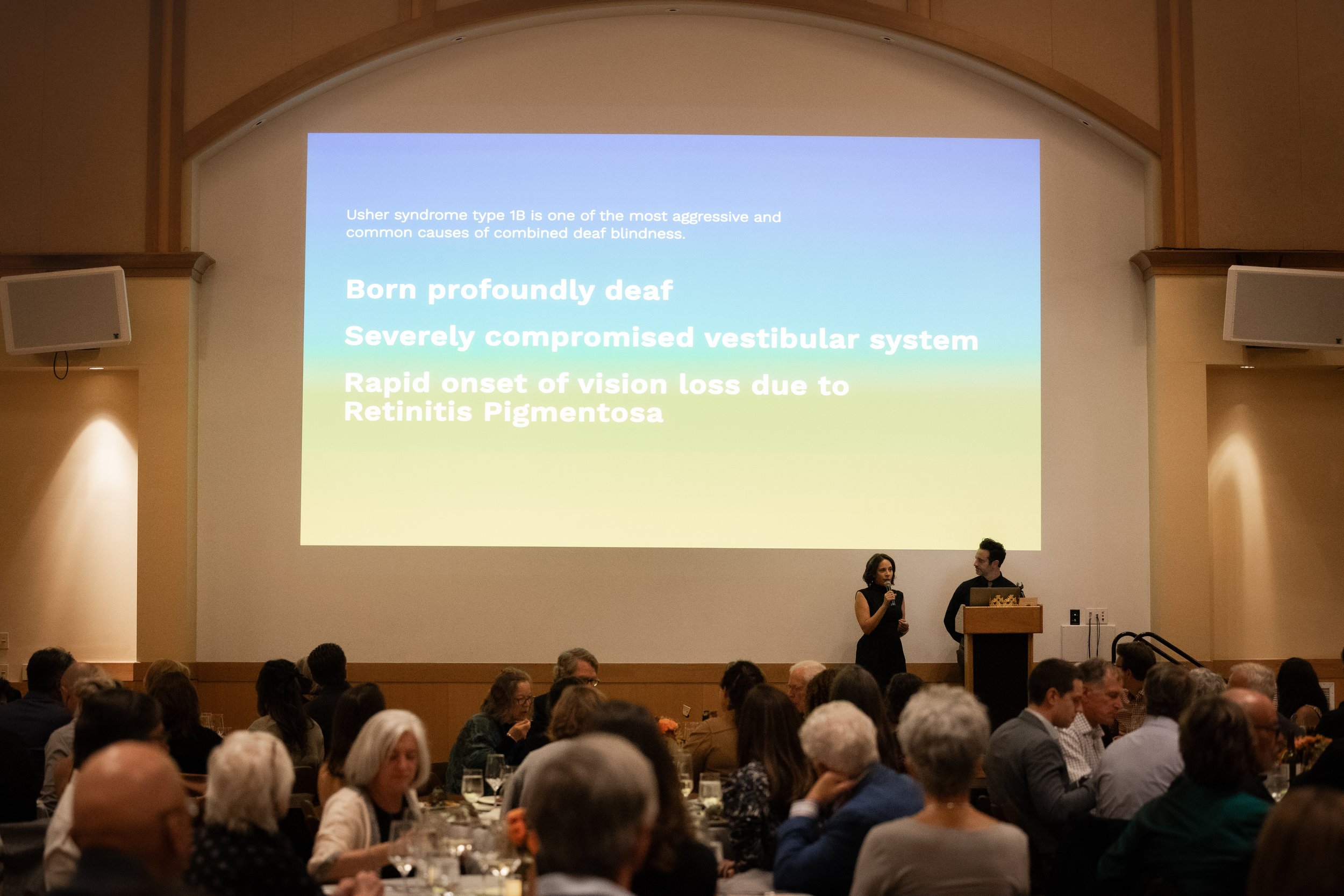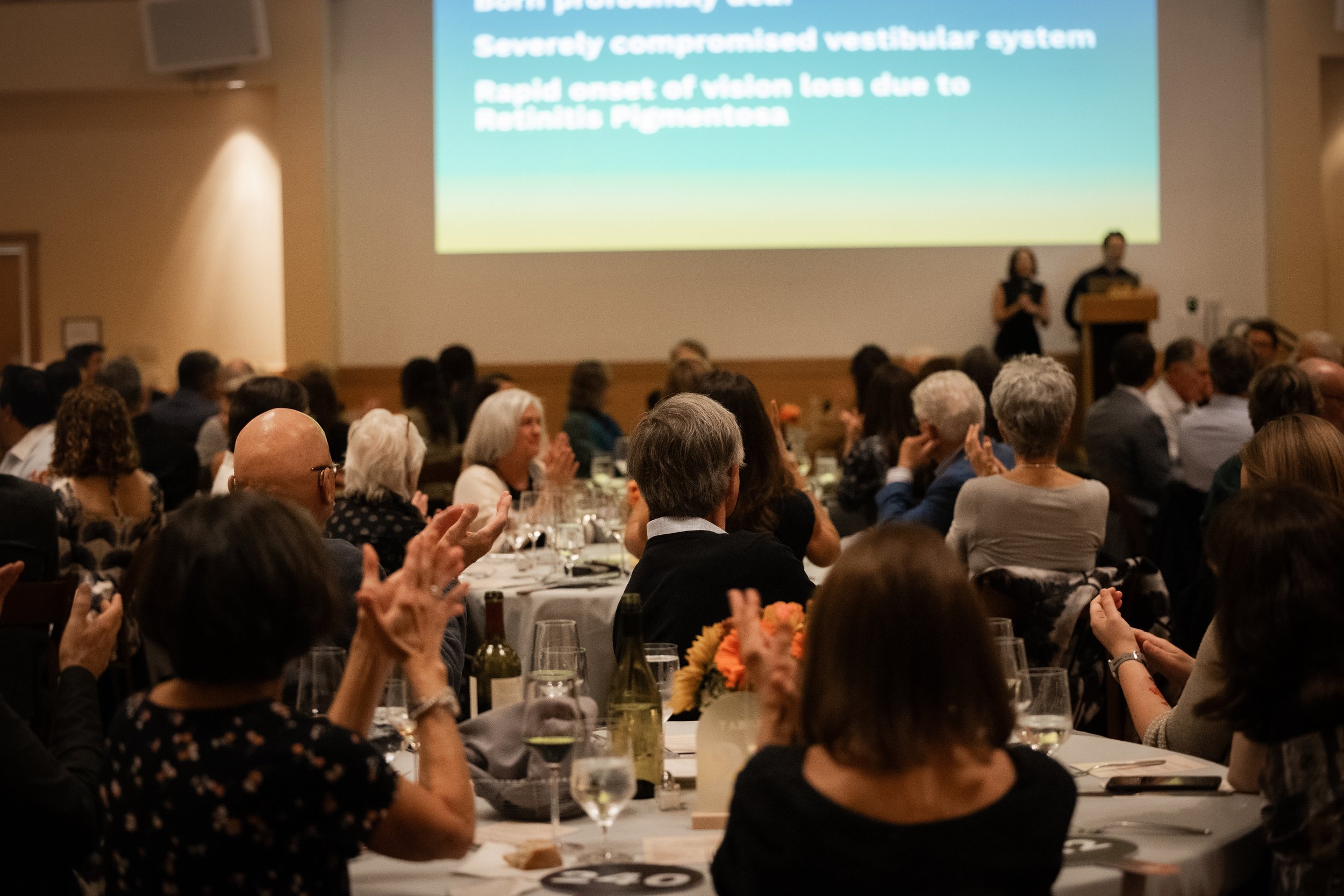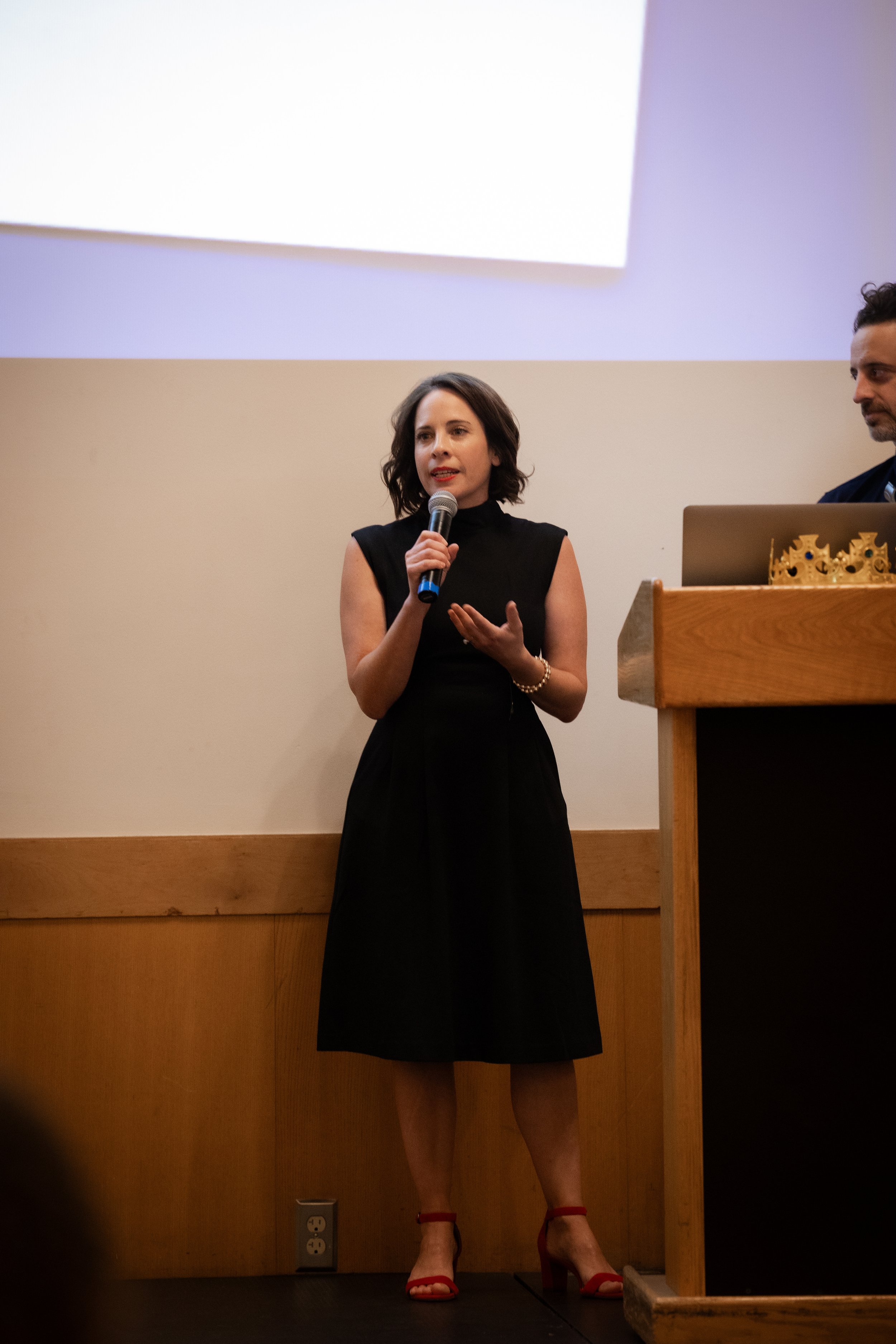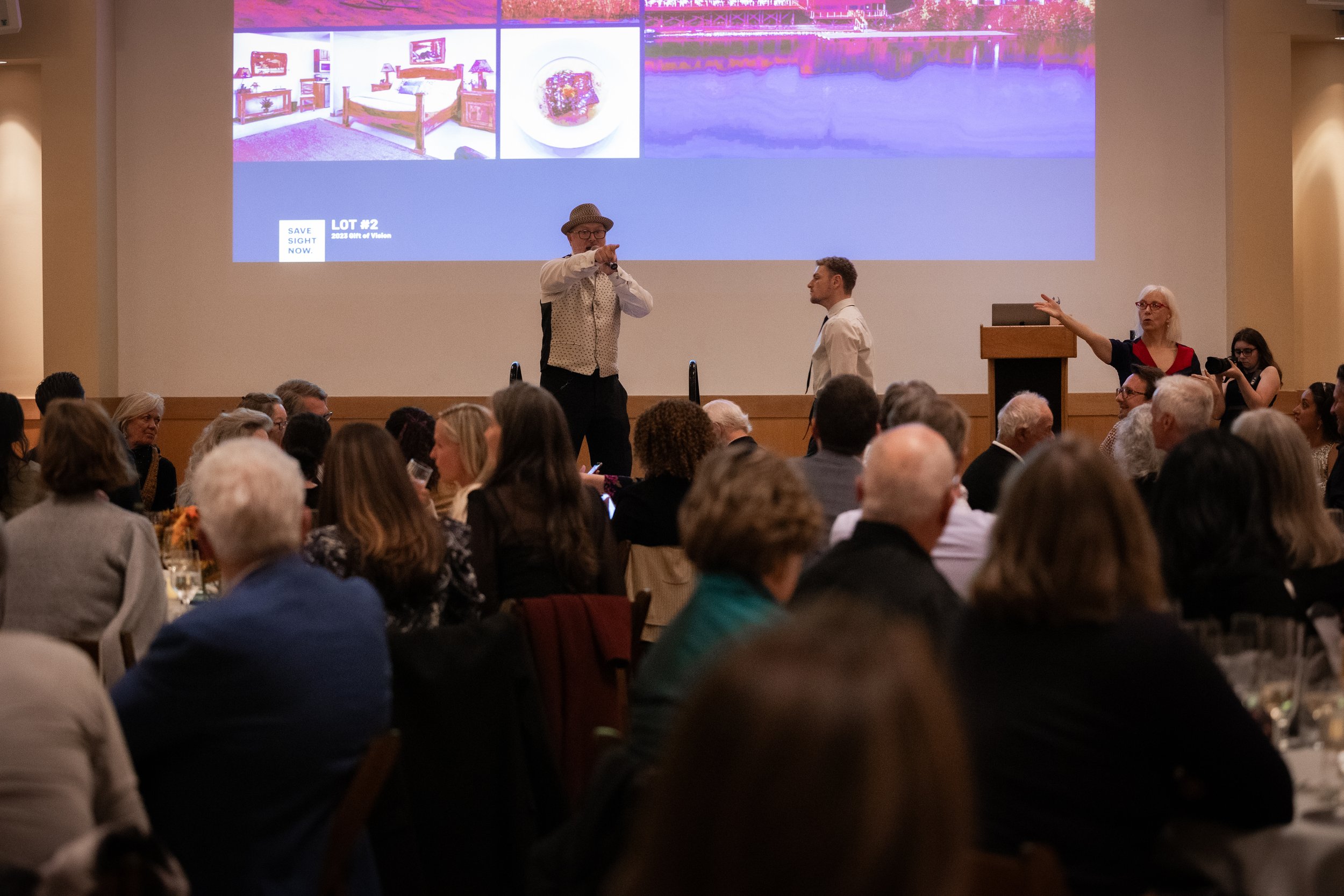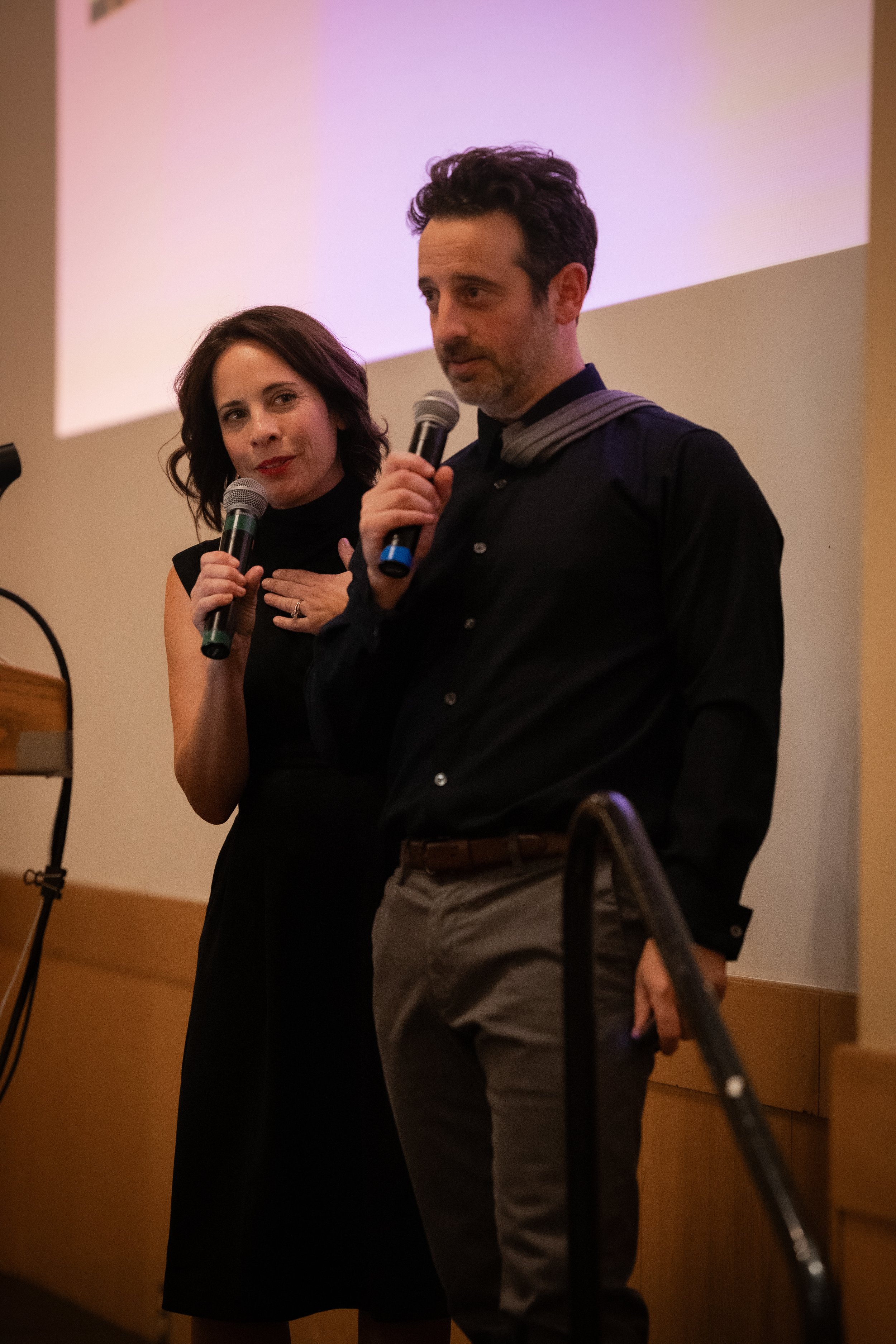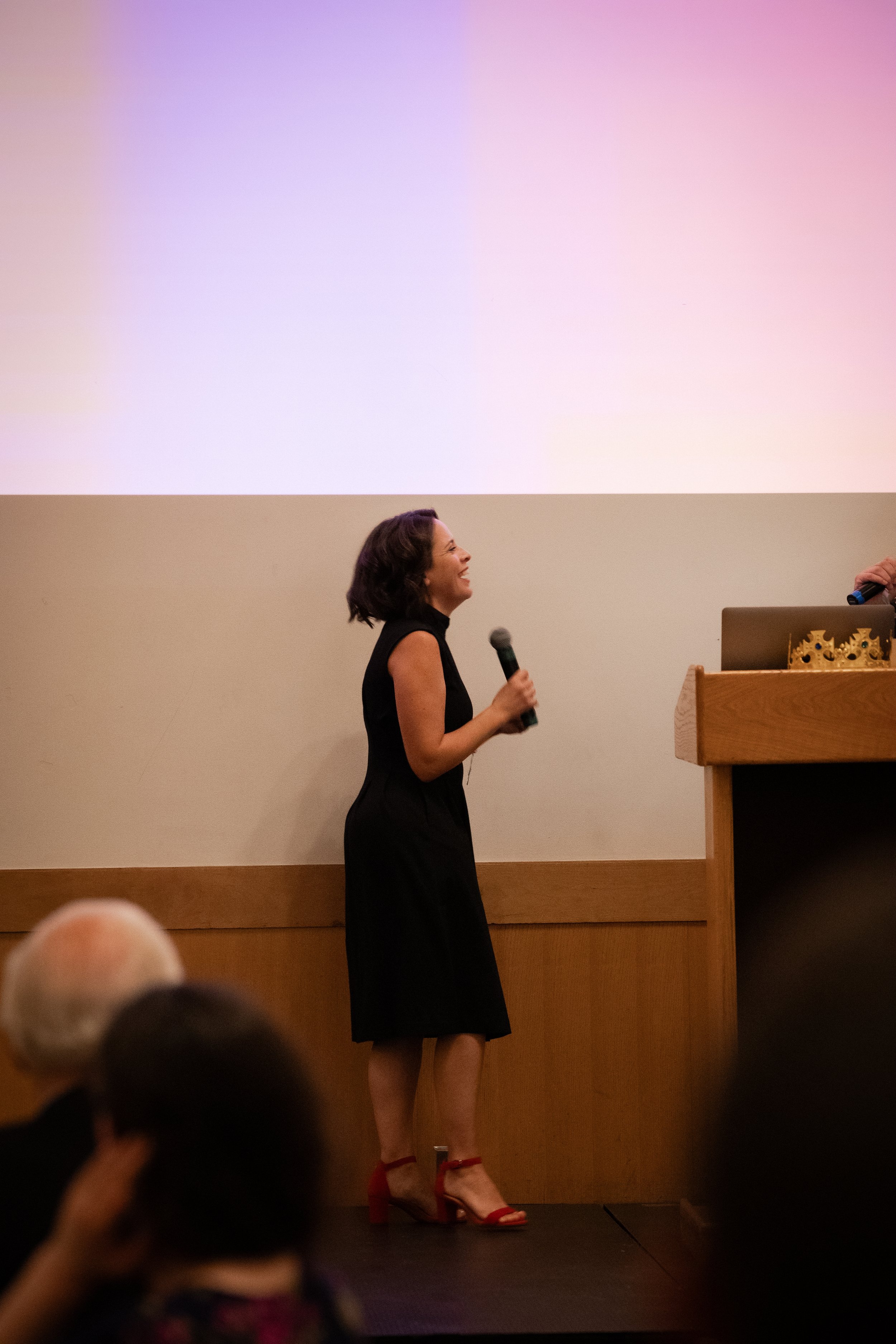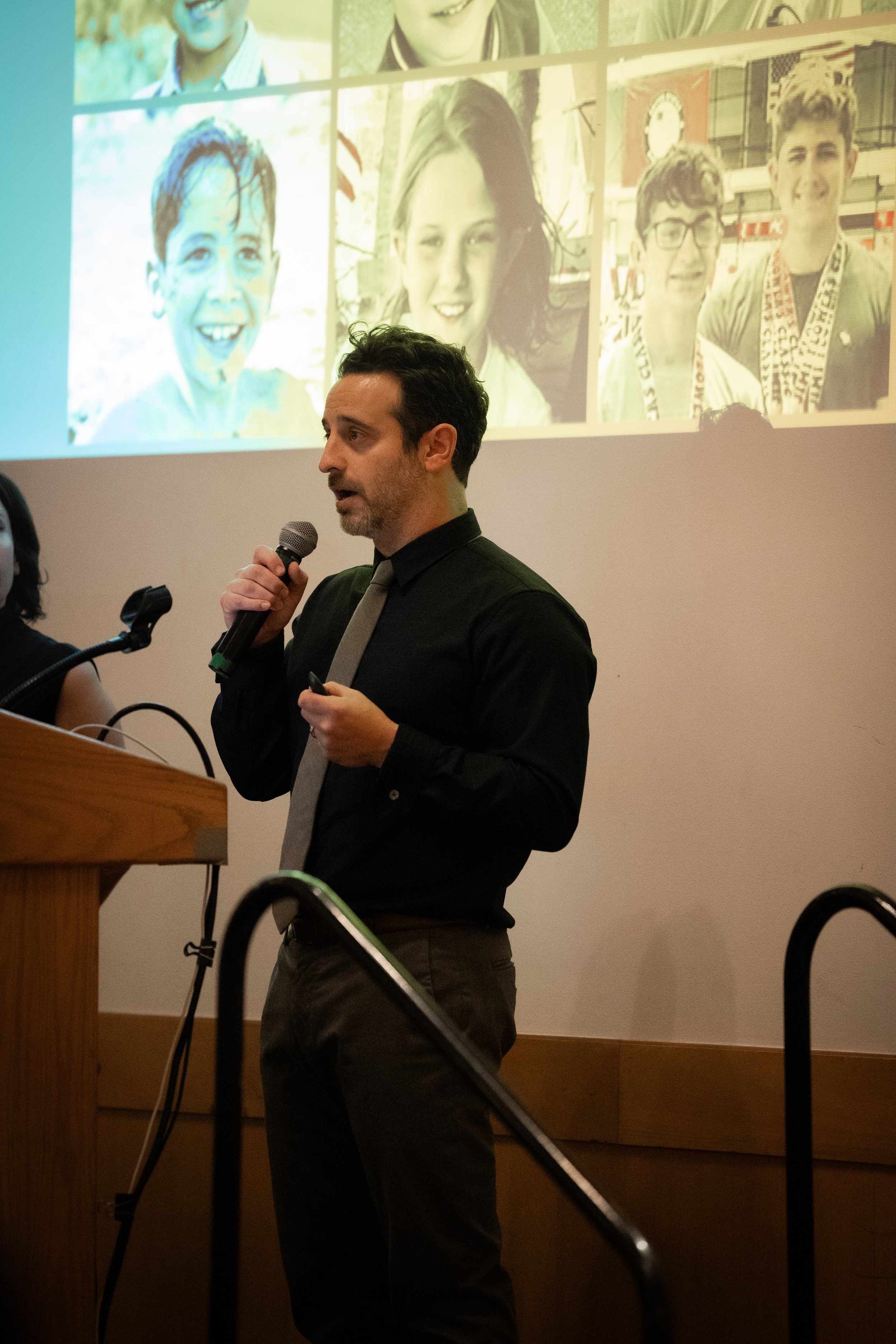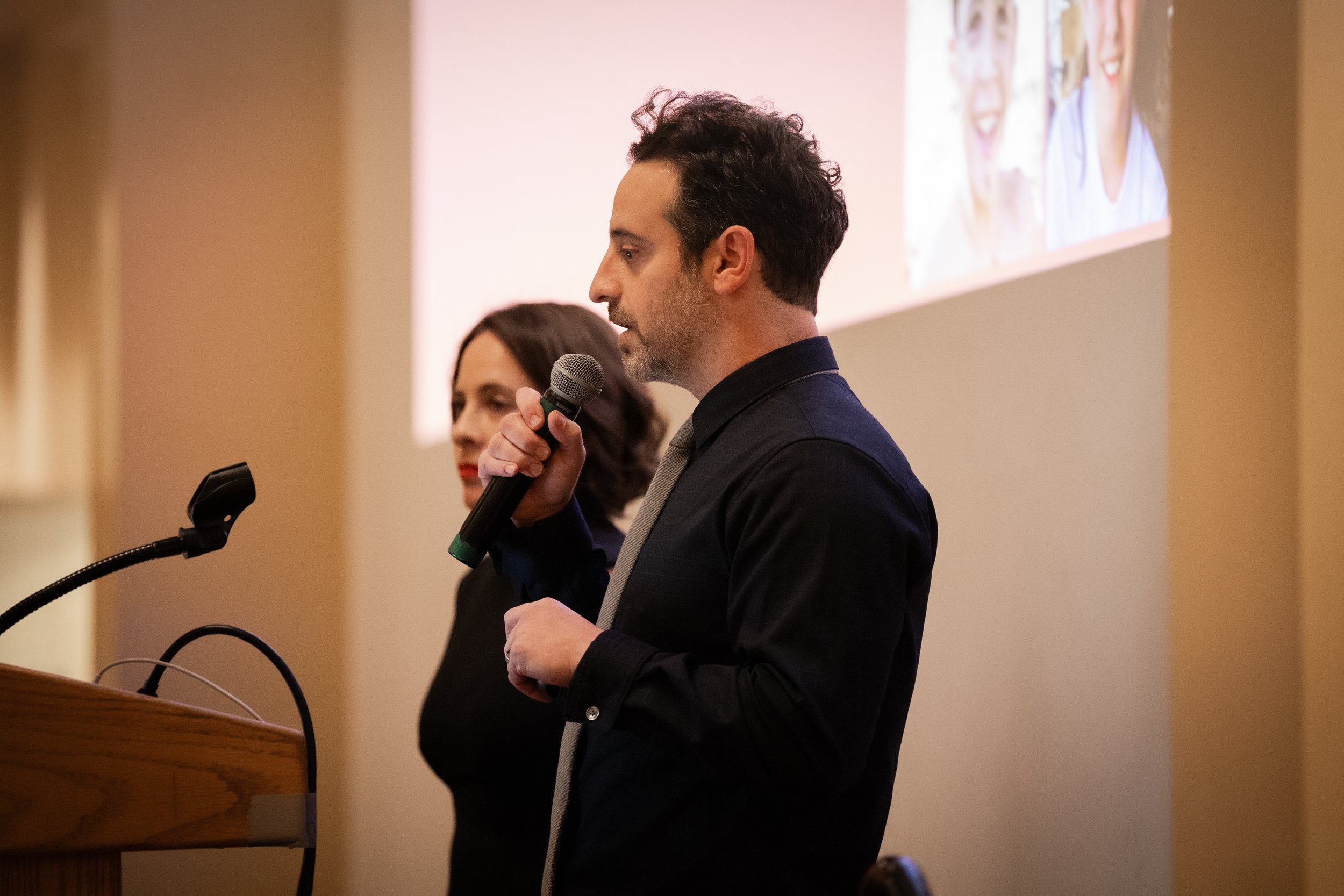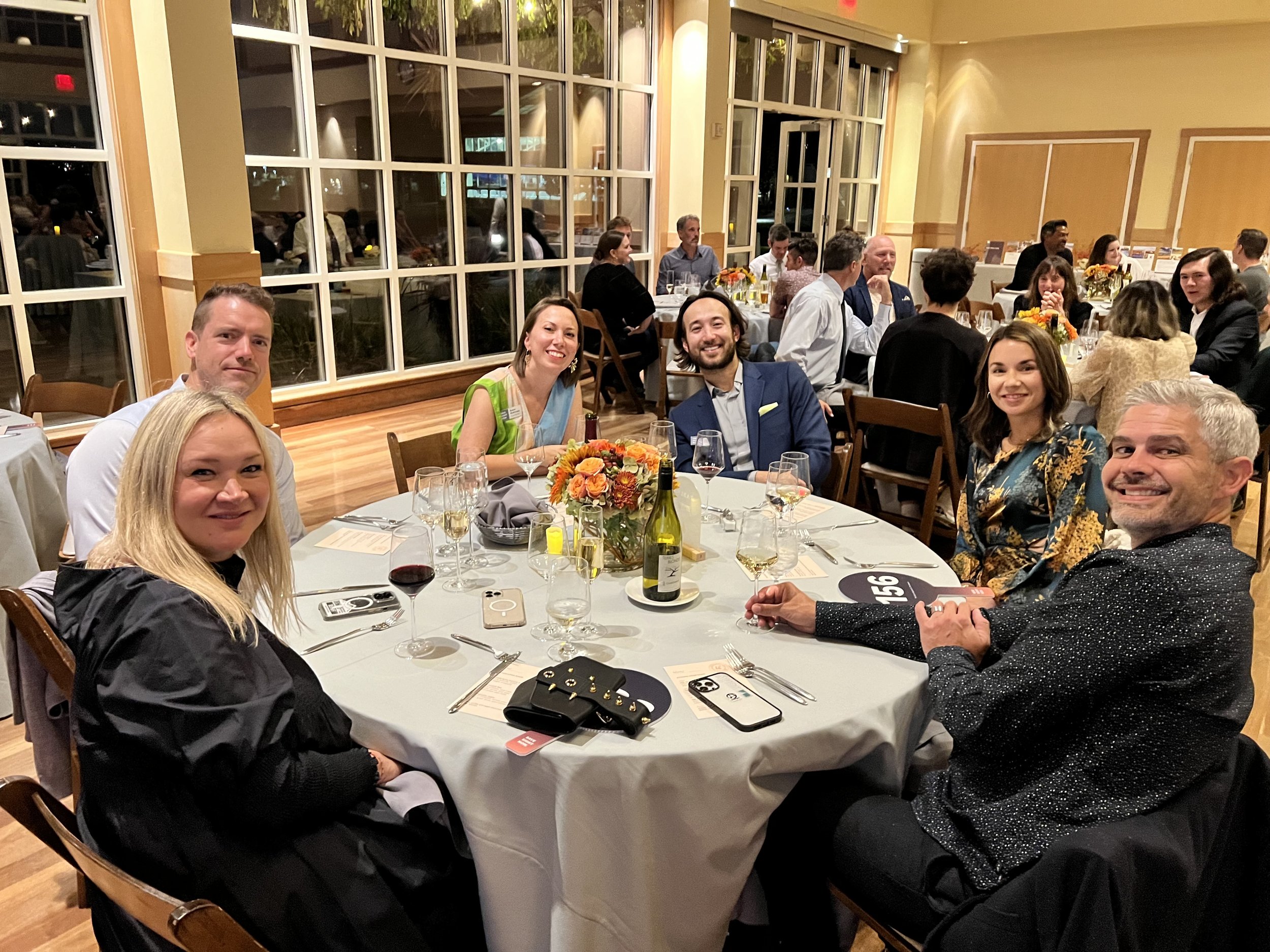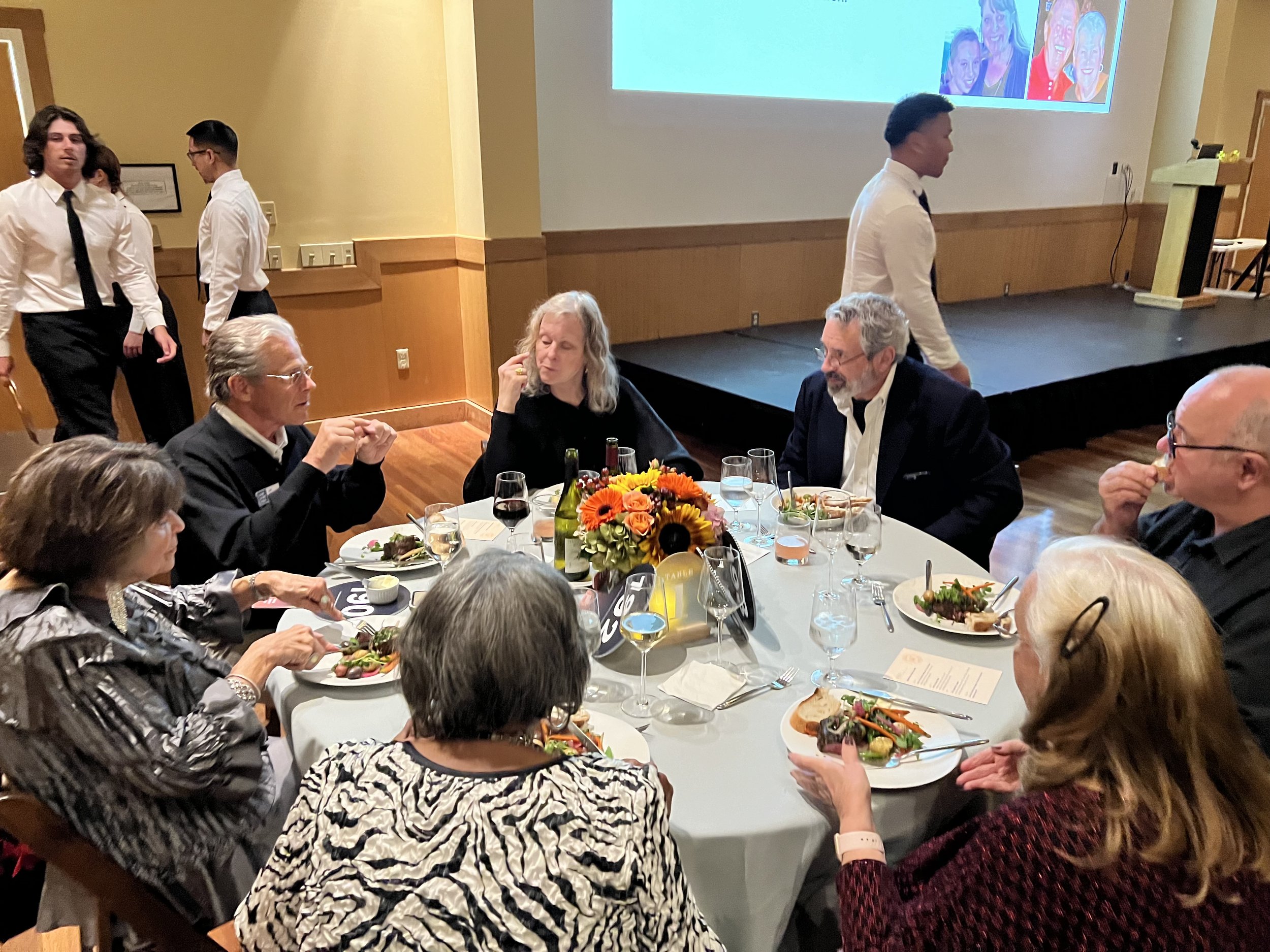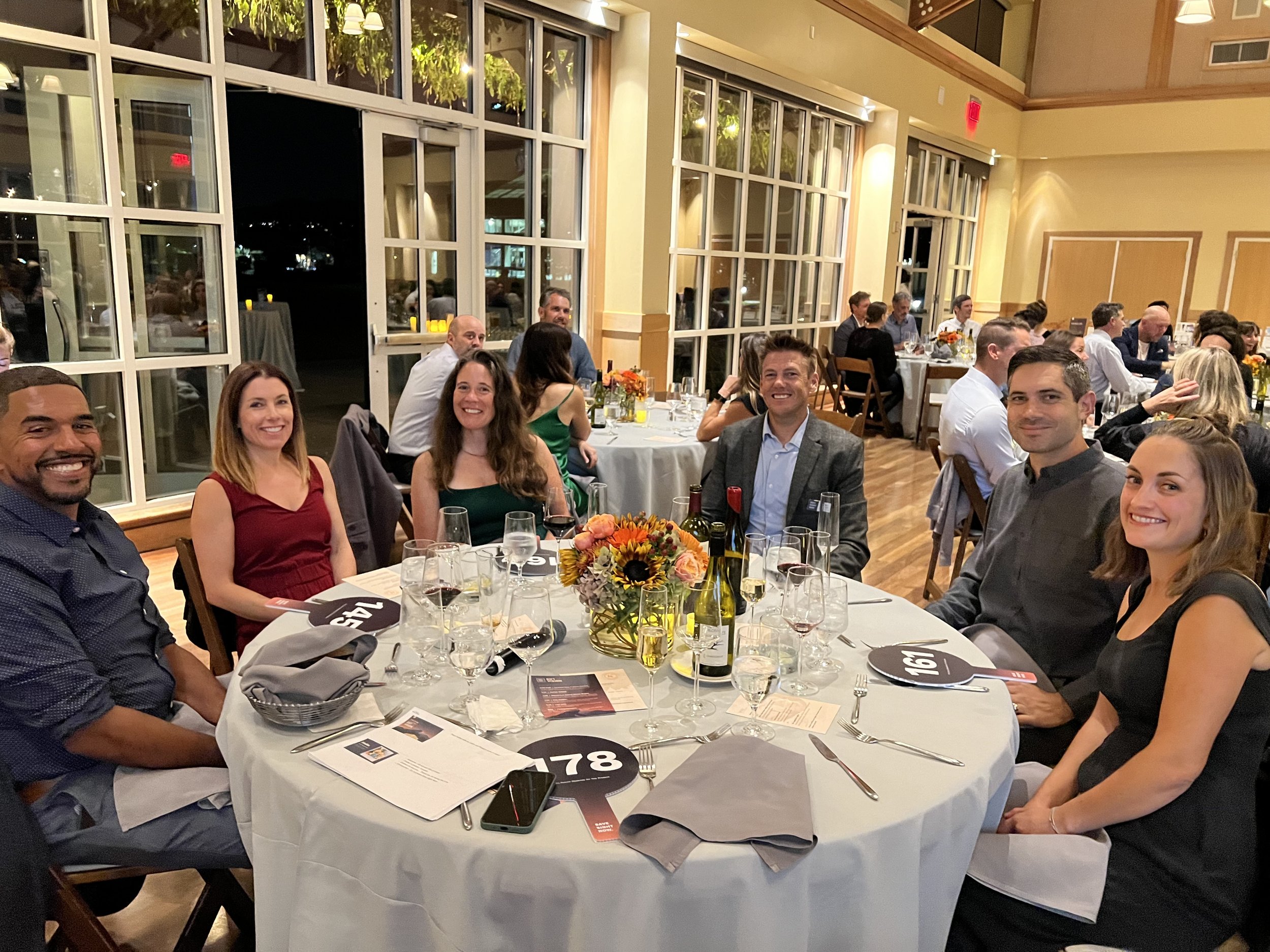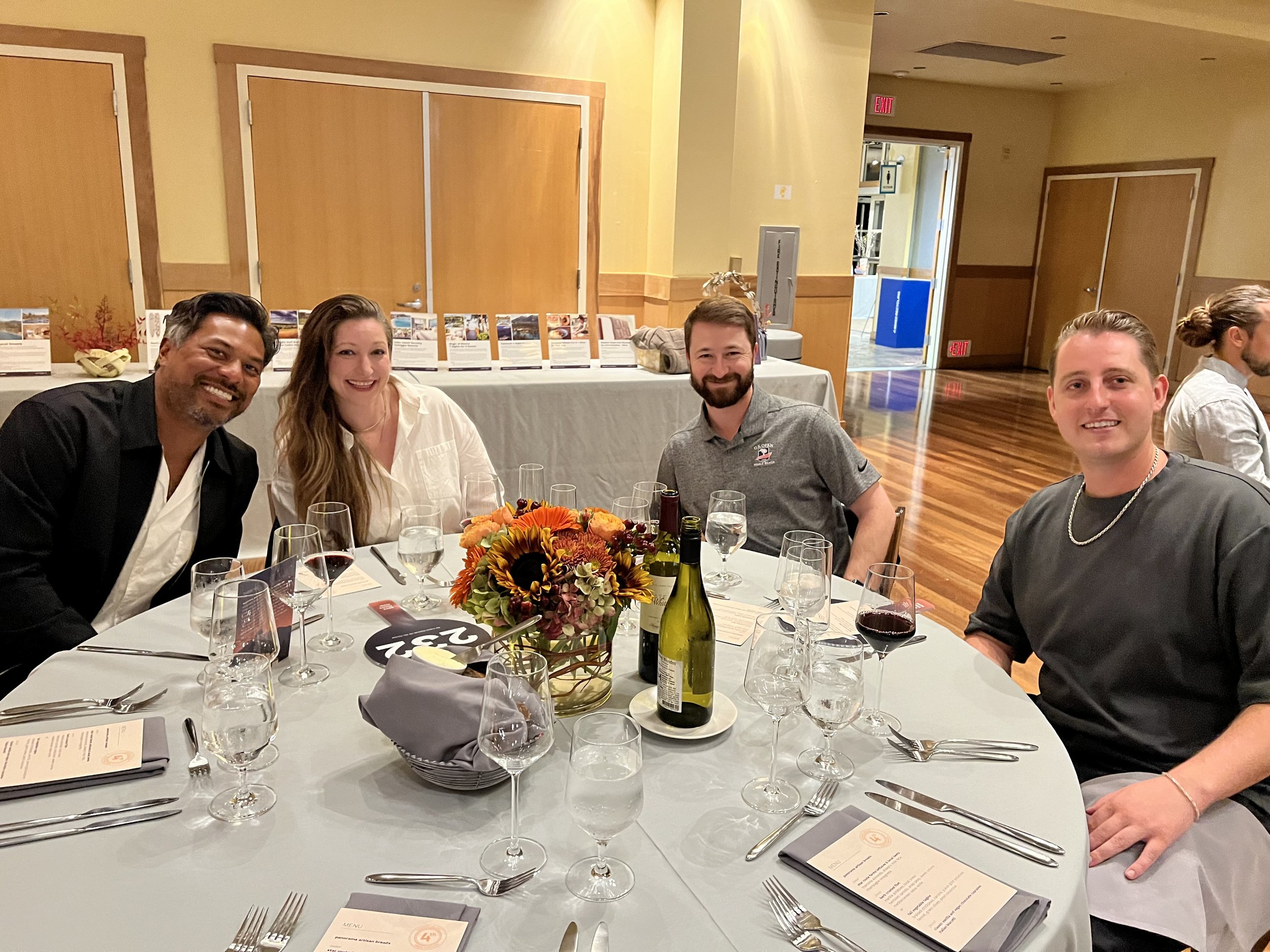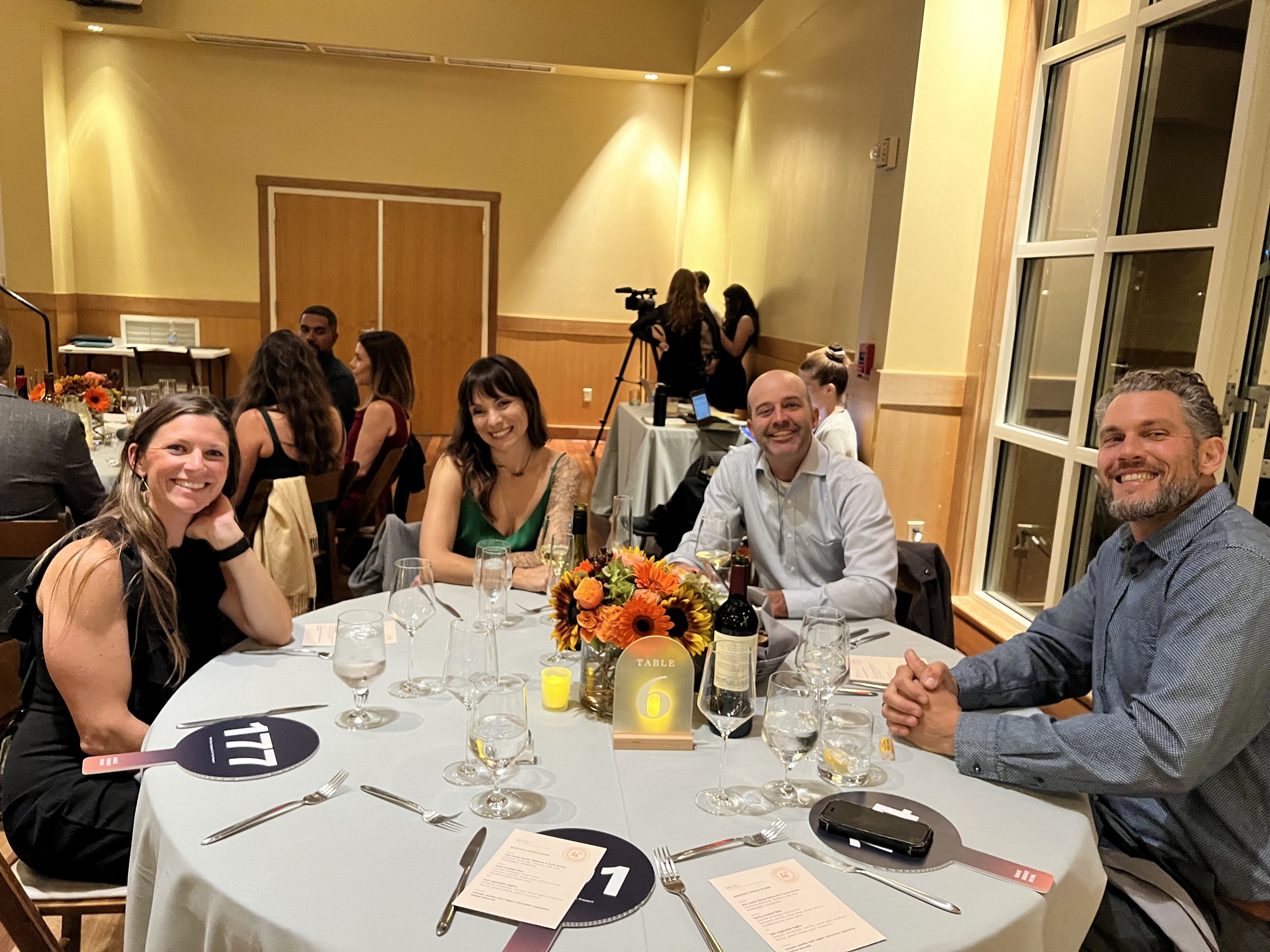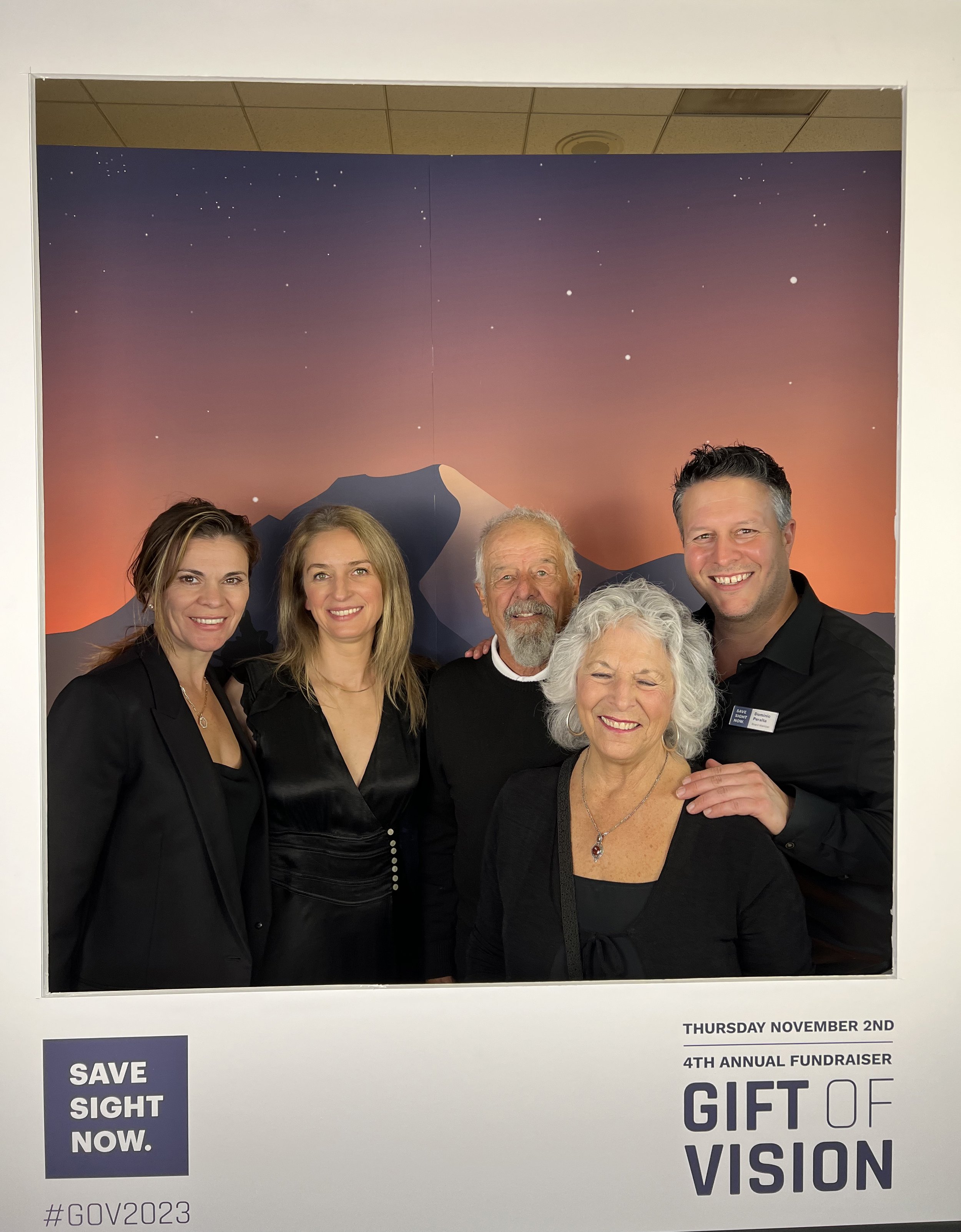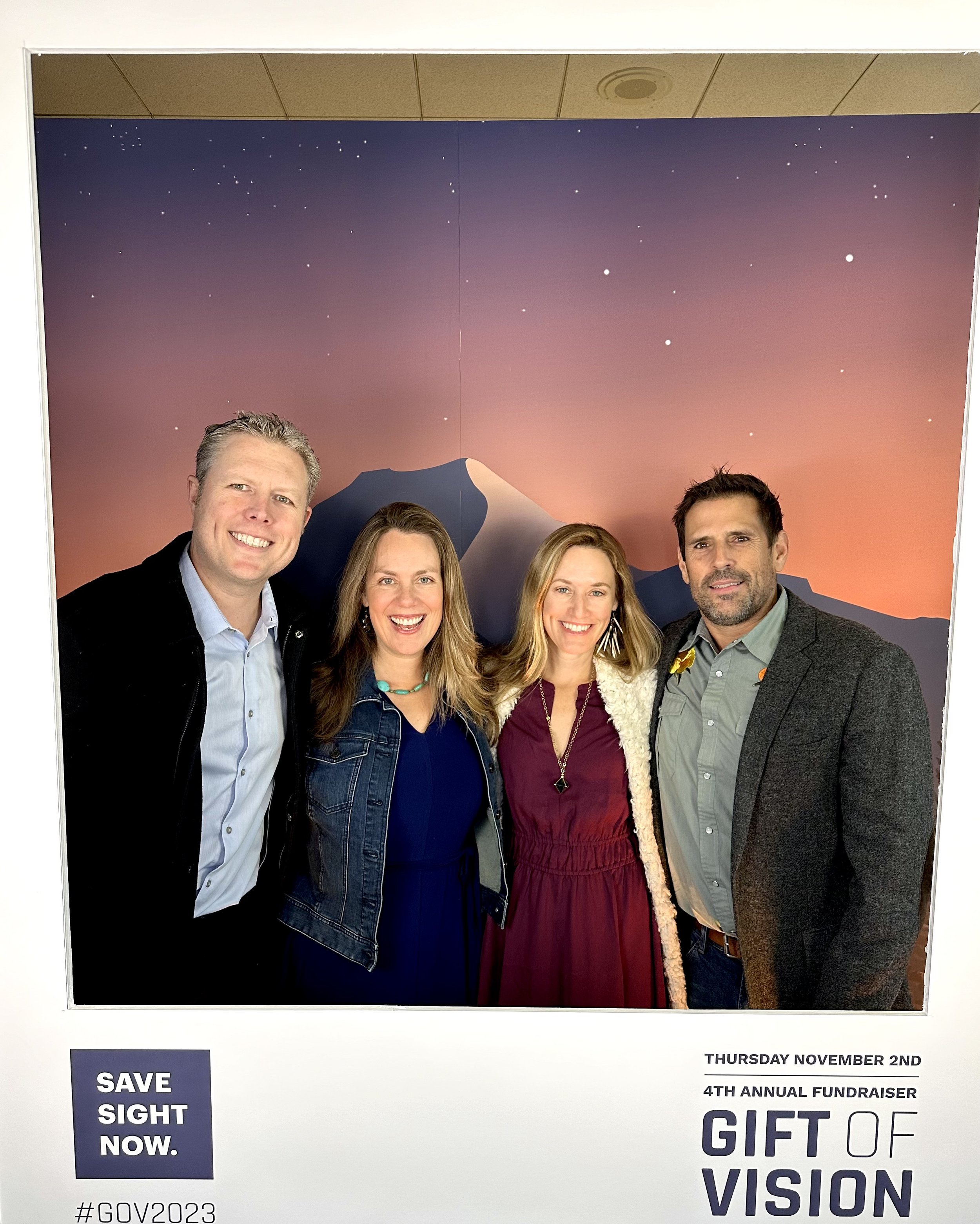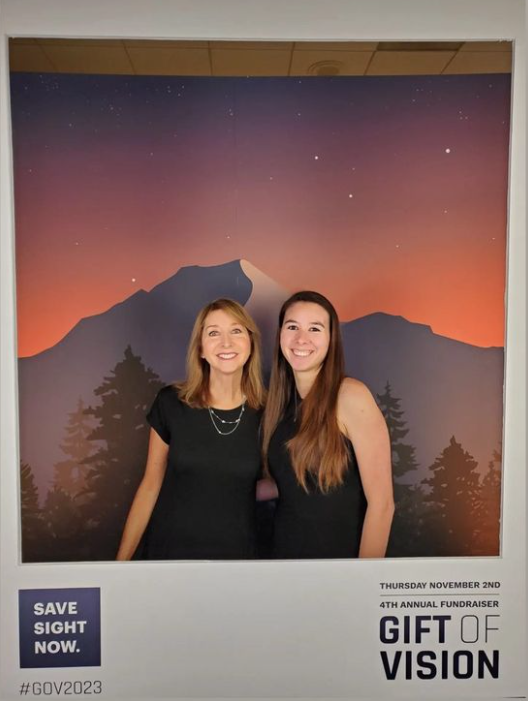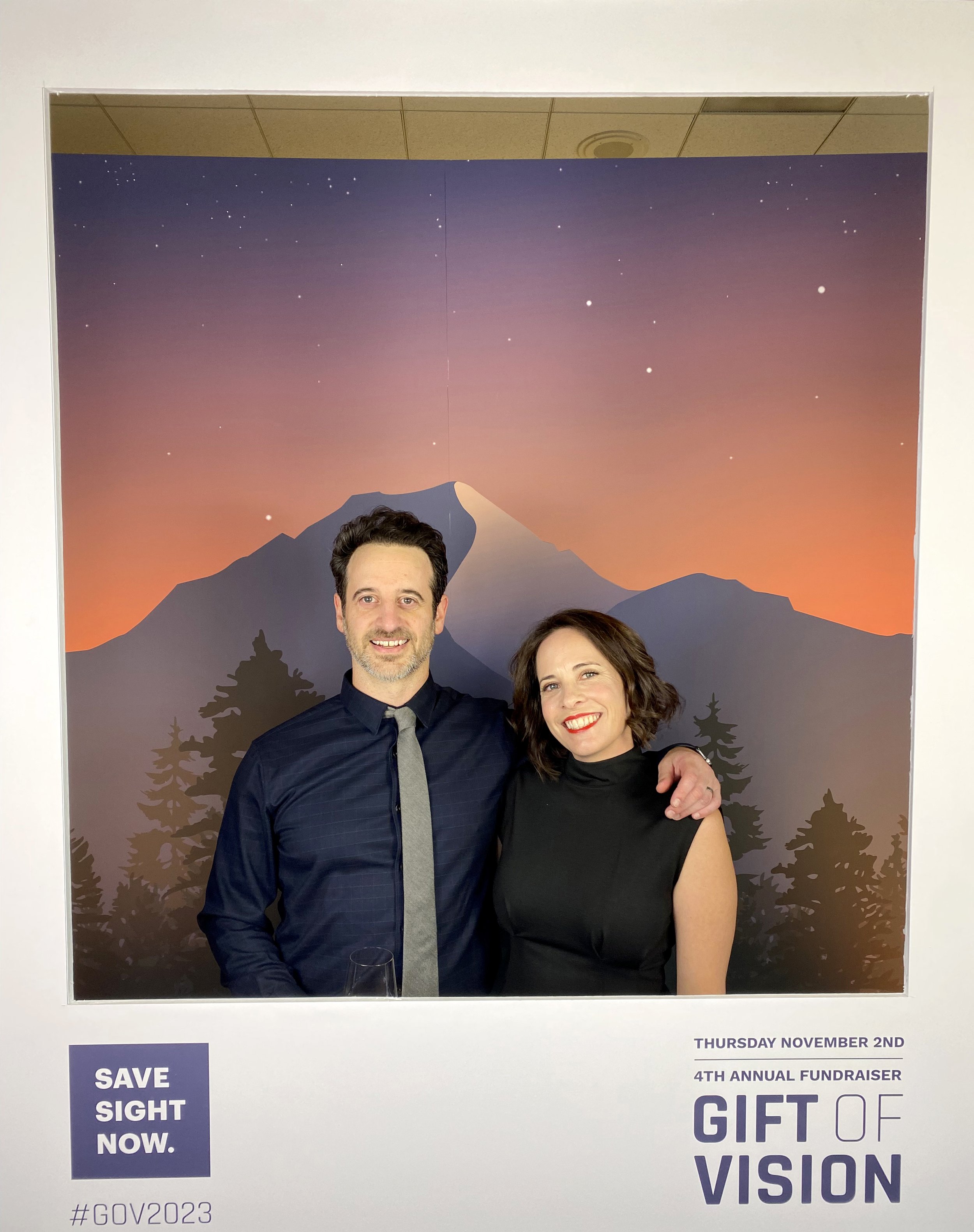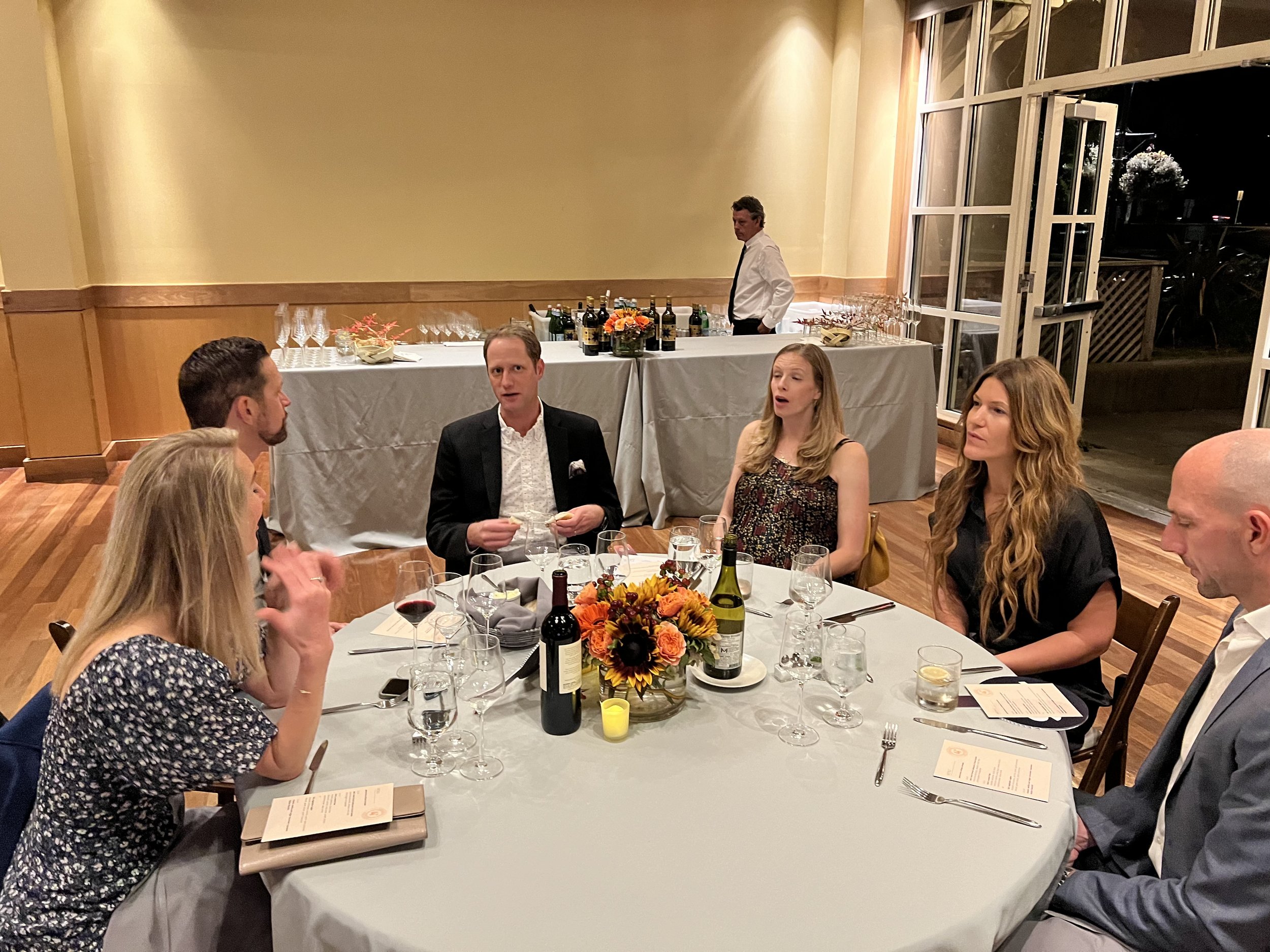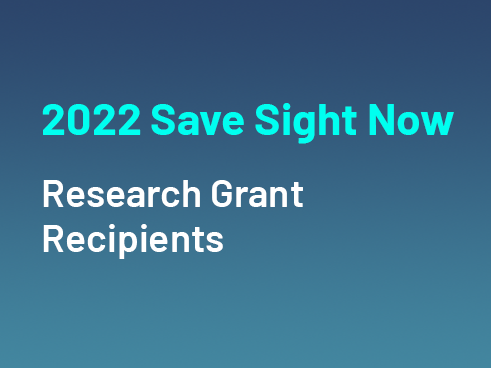We are thrilled to announce the recipients of our 2024 Usher Syndrome Research Grant Award. Funding exceptional research teams that bring us closer to finding a treatment to stop vision loss caused by Usher syndrome type 1B is at the core of our mission. This year, thanks to your support, we were able to fund not one, but two new research projects, making it a total of six USH1B projects Save Sight Now is currently funding through our collaboration with the Foundation Fighting Blindness.
Congratulations to David Gamm’s lab at the University of Wisconsin and Brian A. Link at the Medical College of Wisconsin. We are incredibly fortunate to have these renowned research groups focusing their talents and time on finding treatments for Usher syndrome type 1B. We are immensely grateful for the continued support from our Save Sight Now community who made funding this research possible.
Let’s go Wisconsin!
Project 01
David Gamm MD, PhD & Dr. Celia Bisbach | University of Wisconsin-Madison
Elucidating the human MYO7A interactome to improve understanding of Usher syndrome type 1B and develop potency assays
The overall goal of this research project is to better understand the underlying molecular cause(s) of Usher syndrome type 1B (USH1B) and to develop an FDA acceptable potency assay that will assist therapeutic development and evaluation. The majority of USH1B therapies in development focus on restoring MYO7A function in photoreceptor (PR) cells; therefore, an in-depth understanding of its role in PR structure and function is important to obtain for the future of therapeutic development. The study will involve three specific aims: (1) confirm the location of the MYO7A protein in human retinal organoid-derived PRs; (2) determine what other proteins interact with the MYO7A protein in human retinal organoid-derived PRs; and (3) develop a versatile, robust, and reproducible potency/release MYO7A Proximity Ligation Assay (PLA) for quality control testing of gene, genome, and RNA- based therapeutics..
Project 02
Brian A. Link | Medical College of Wisconsin
Investigating cell-type specific MYO7A functions and protein interactions using zebrafish
This project aims to uncover the vital roles of MYO7A in various retinal cell types to better understand Usher Syndrome Type 1B (USH1B). This research team has developed a pioneering zebrafish model that mirrors the retinal degeneration seen in USH1B patients. This model allows for the study of the functions of MYO7A in maintaining healthy photoreceptors and to explore potential therapeutic approaches. The specific aims of this project are to (1) determine which retinal cells rely on MYO7A to maintain photoreceptor health and (2) identify specific interactions between MYO7A and other proteins within different cell types.
This research will provide crucial insights into MYO7A's role in retinal health, potentially guiding the development of therapies for USH1B and other conditions leading to photoreceptor degeneration, such as Retinitis Pigmentosa.
Executing On Our Strategic Plan & Roadmap
Over the past five years, we have collaborated with the Foundation Fighting Blindness to thoroughly understand the current USH1B research landscape and identify critical gaps hindering the discovery of therapies. By engaging directly with leading Usher syndrome and Retinitis Pigmentosa researchers, and biotech companies, we have gathered invaluable feedback to prioritize our funding targets based on their most pressing needs.
We fund projects that provide essential tools researchers need to discover treatments, as well as fund projects that collect critical data companies look for when considering what therapies to invest in and which clinical trials to fund. This approach accelerates and empowers USH1B research teams, attracts new researchers to explore applicable strategies, and starts to lay the foundation for future successful clinical trials.
We are currently funding six research projects - ranging from natural history studies to animal model creation - that are addressing the most critical gaps within the USH1B landscape for discovering treatments and advancing therapies into clinical trials.





































































































































































